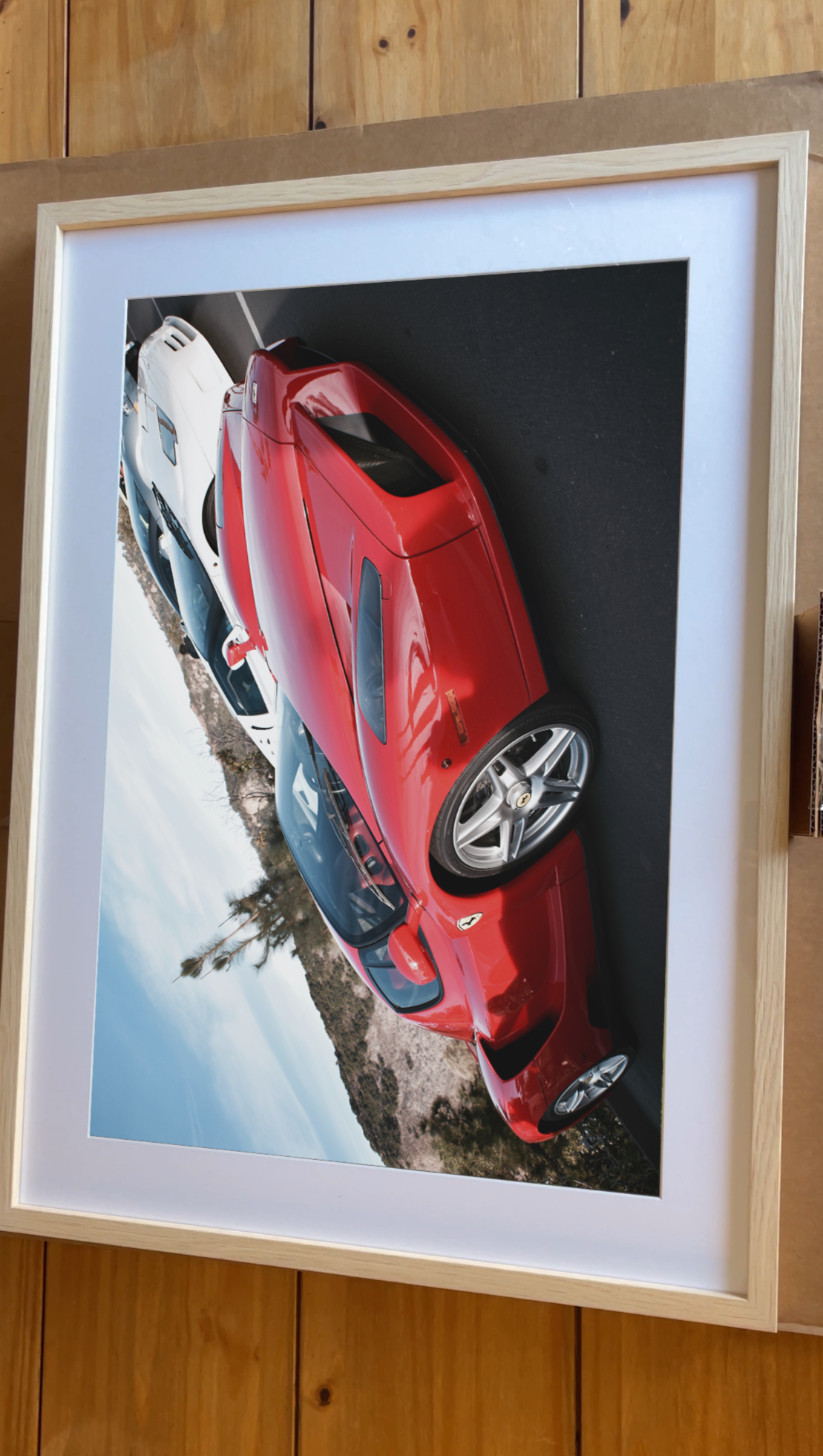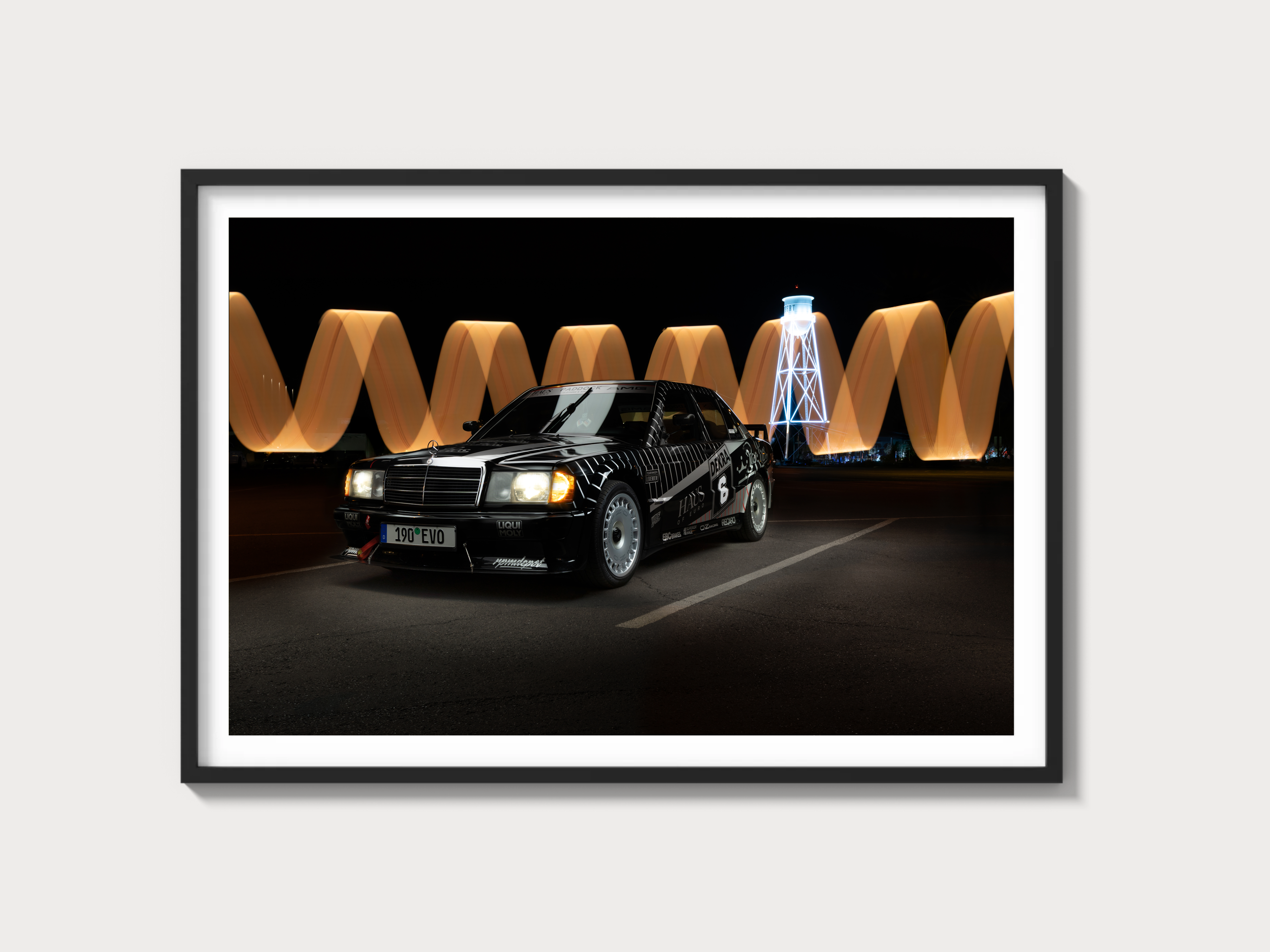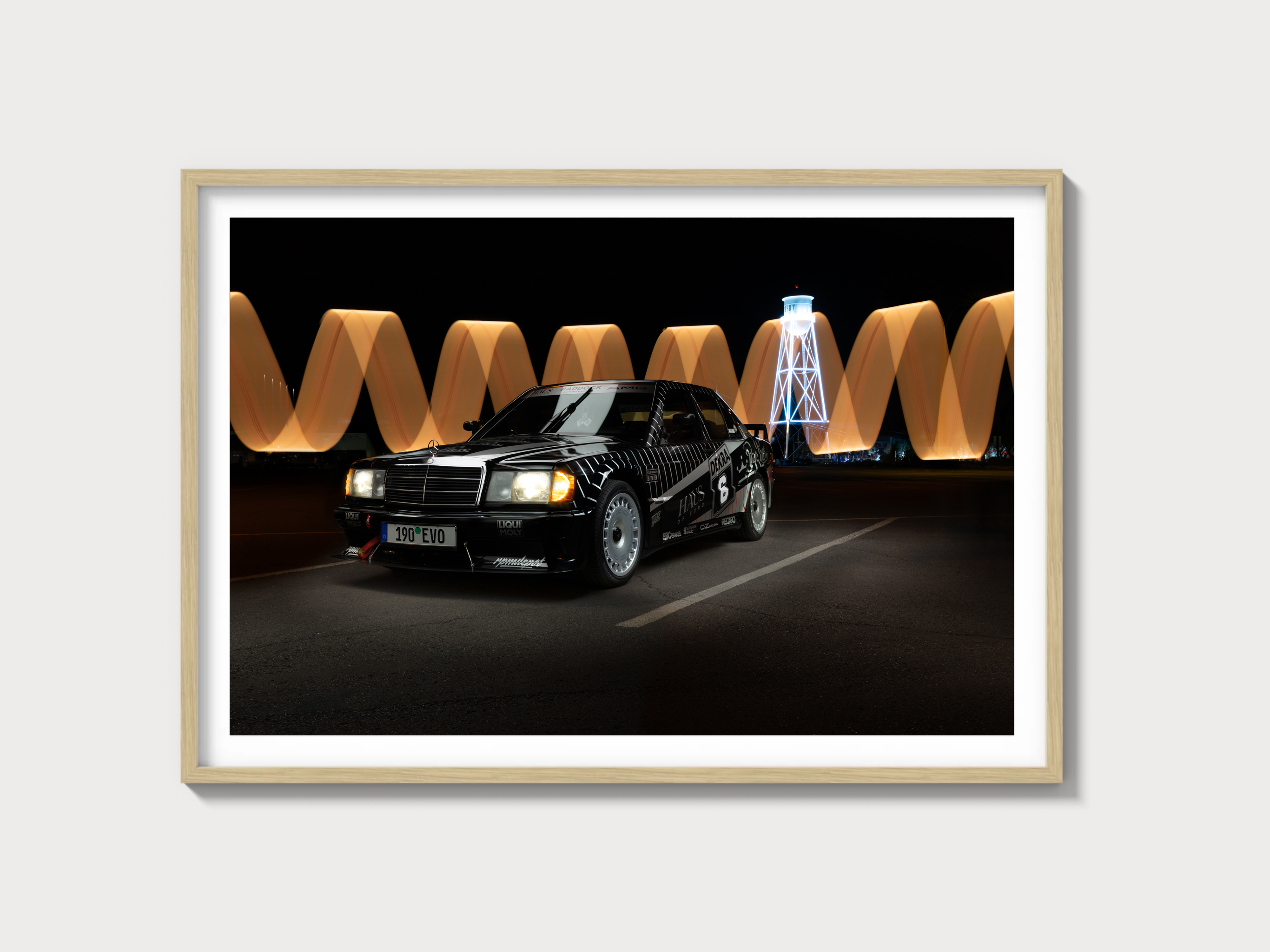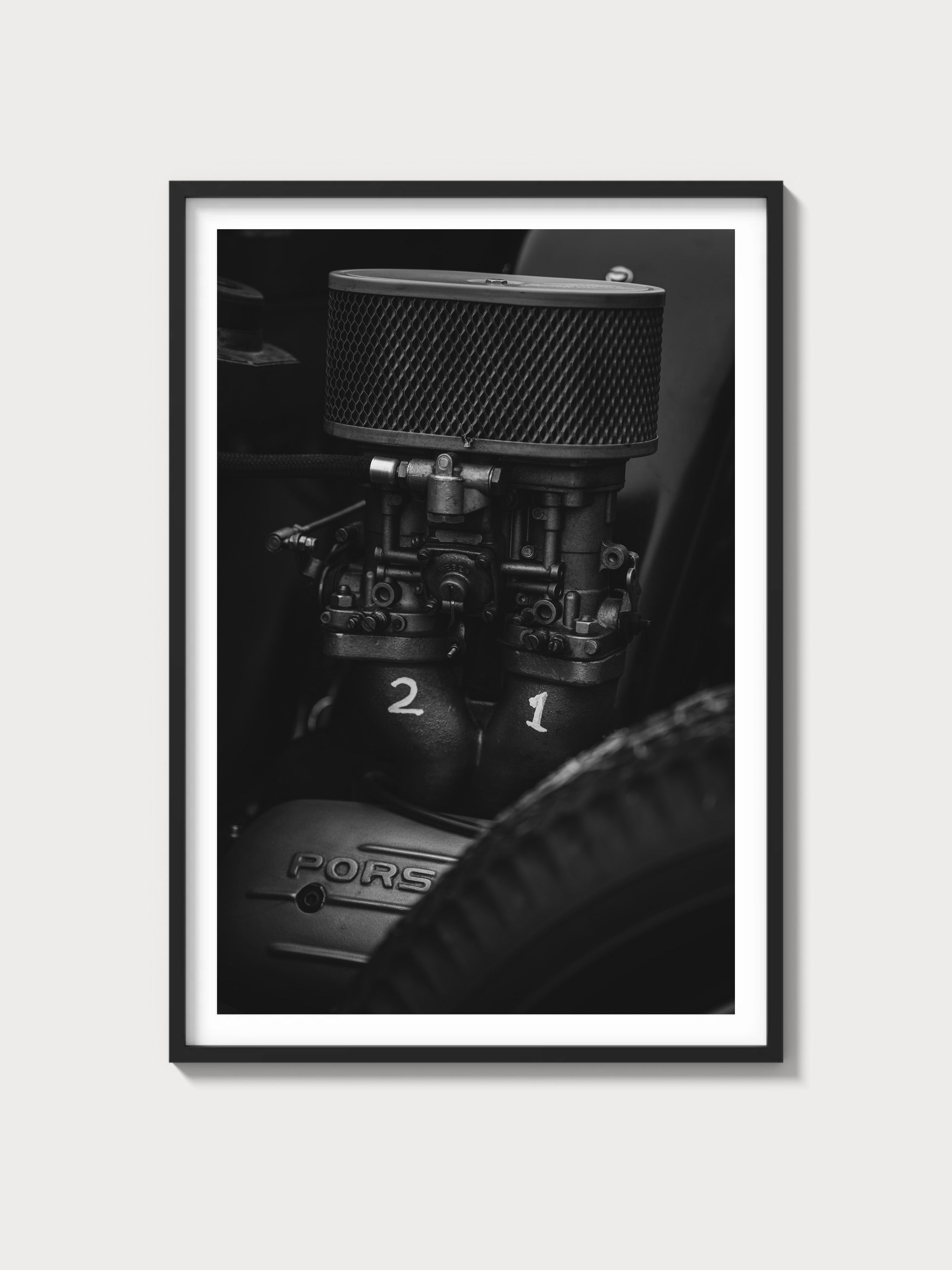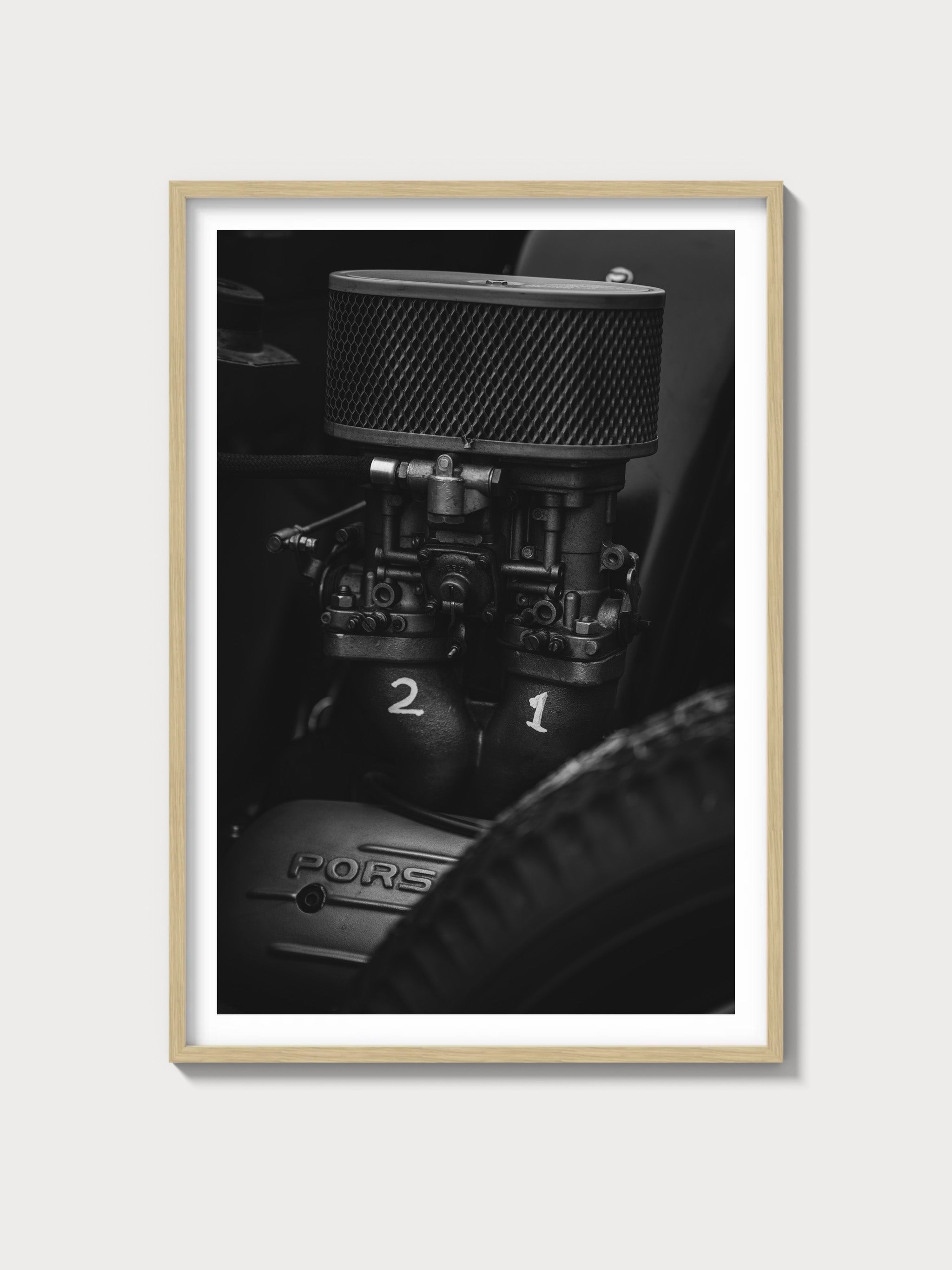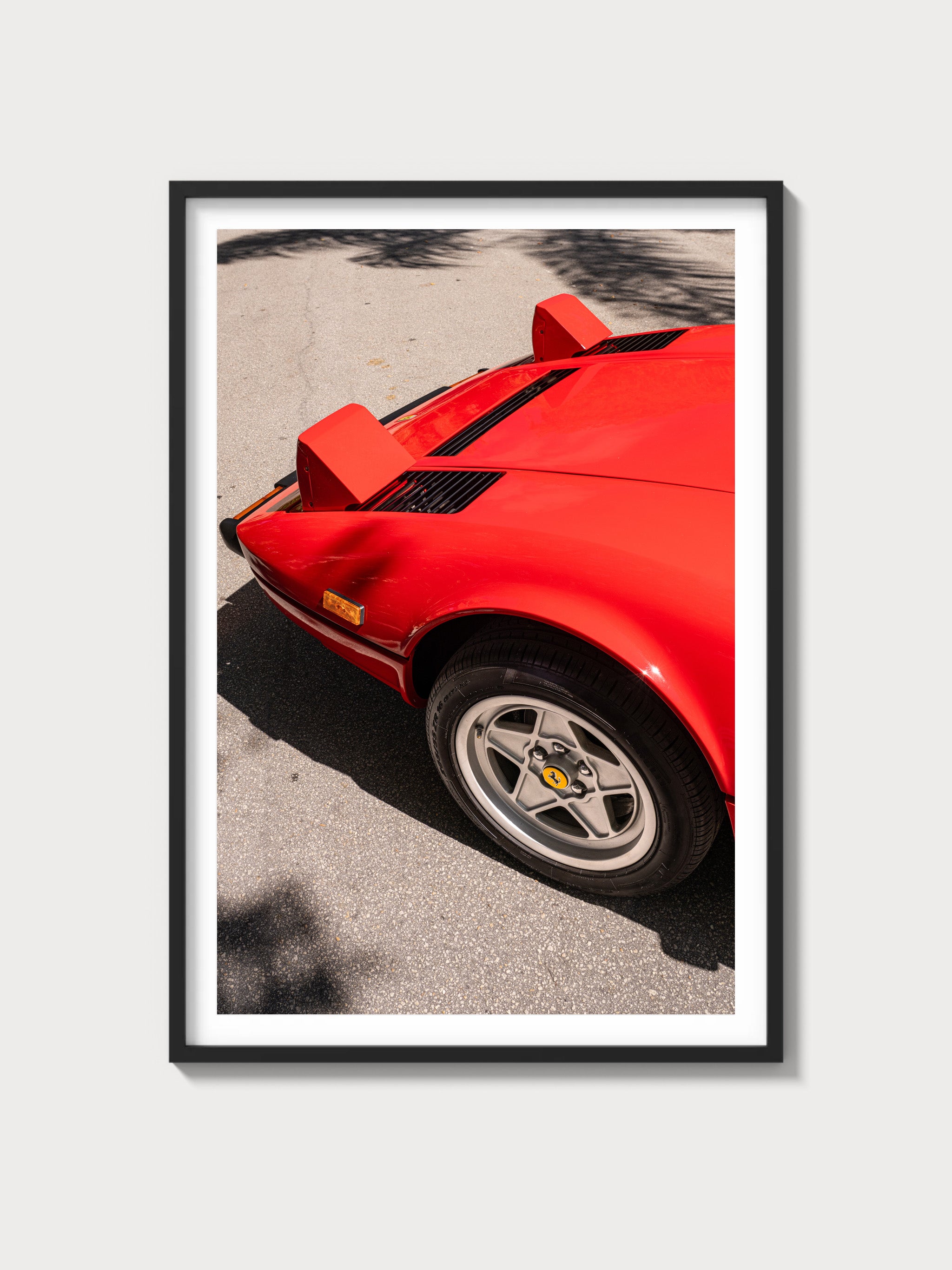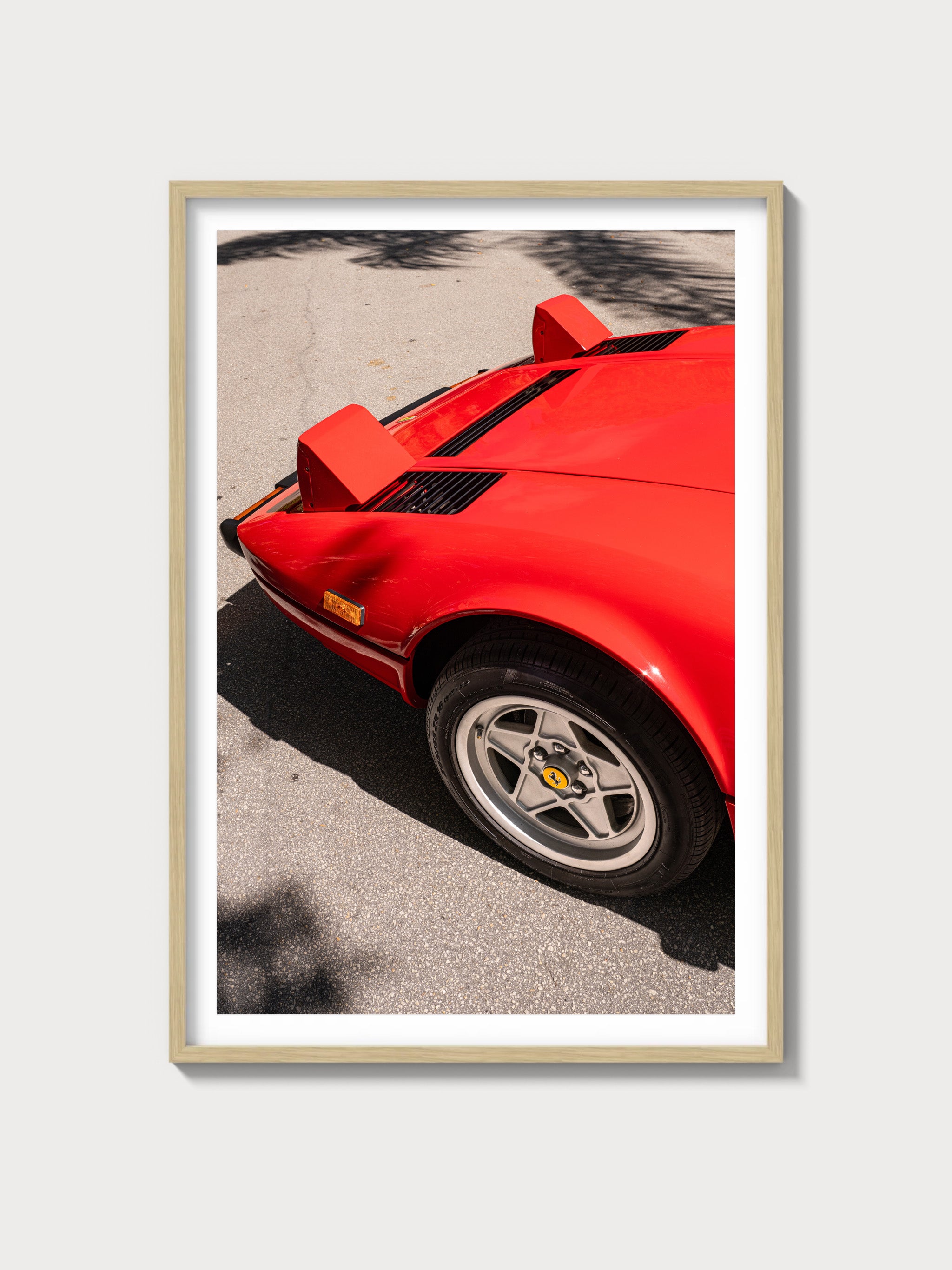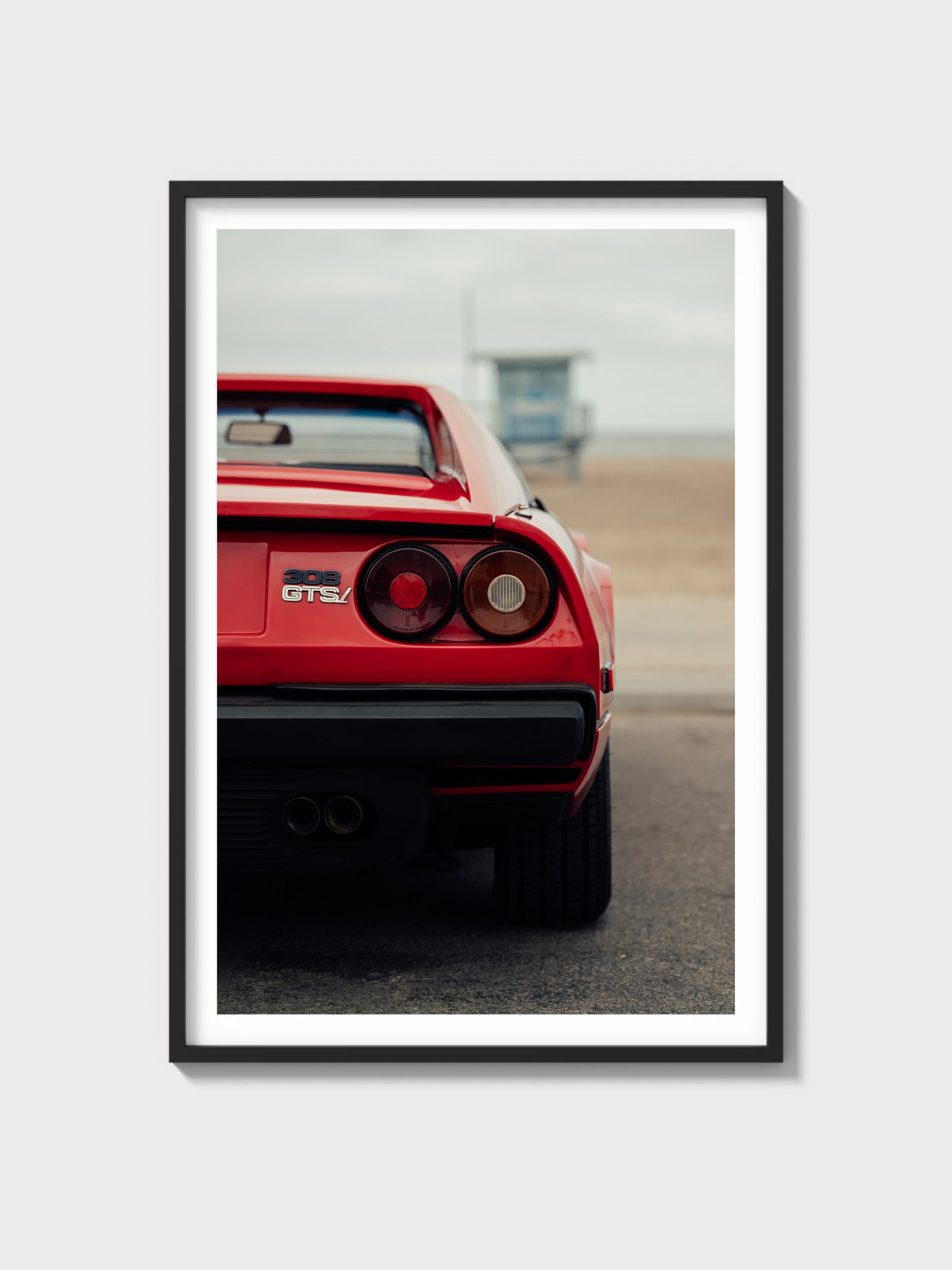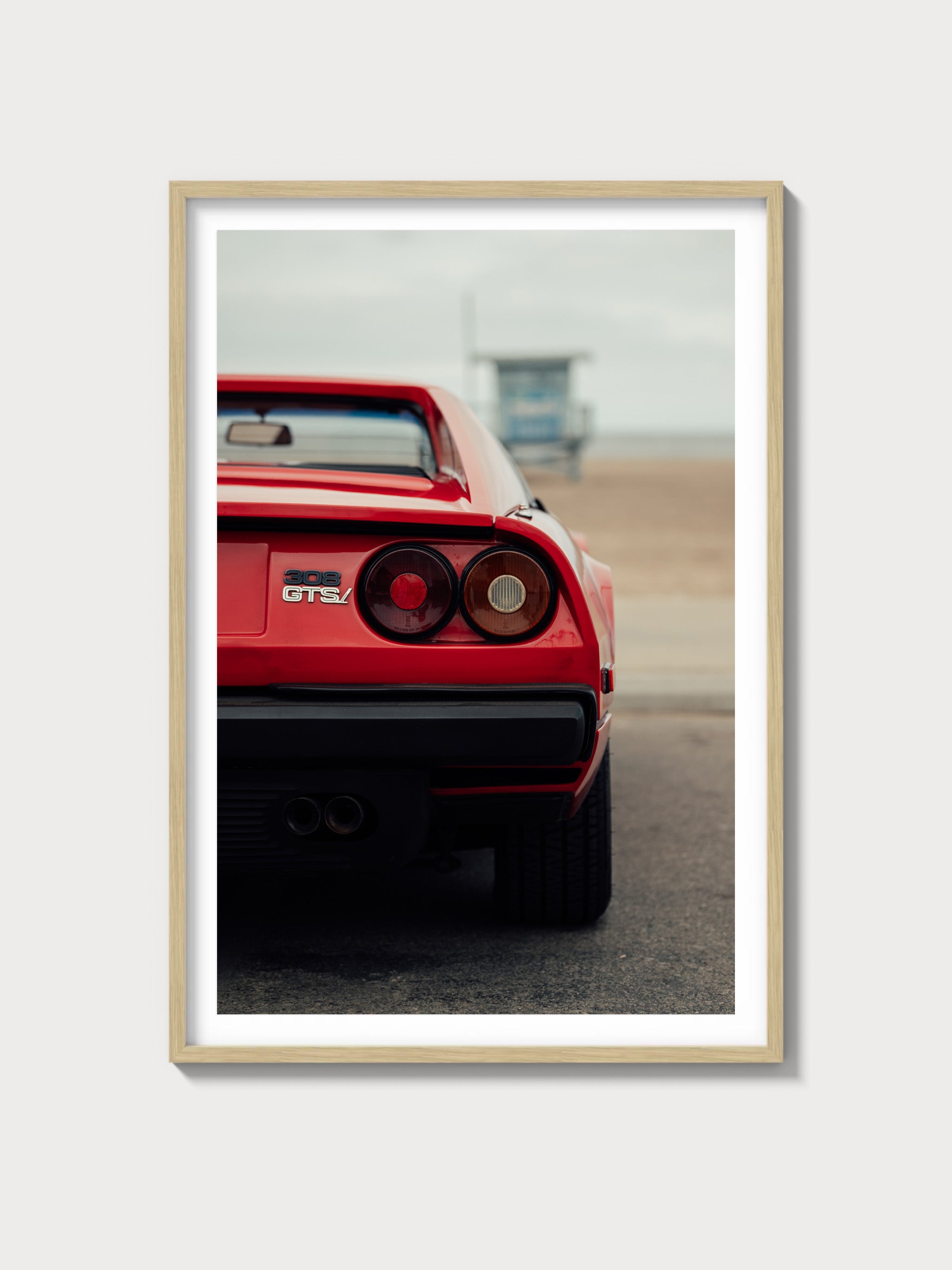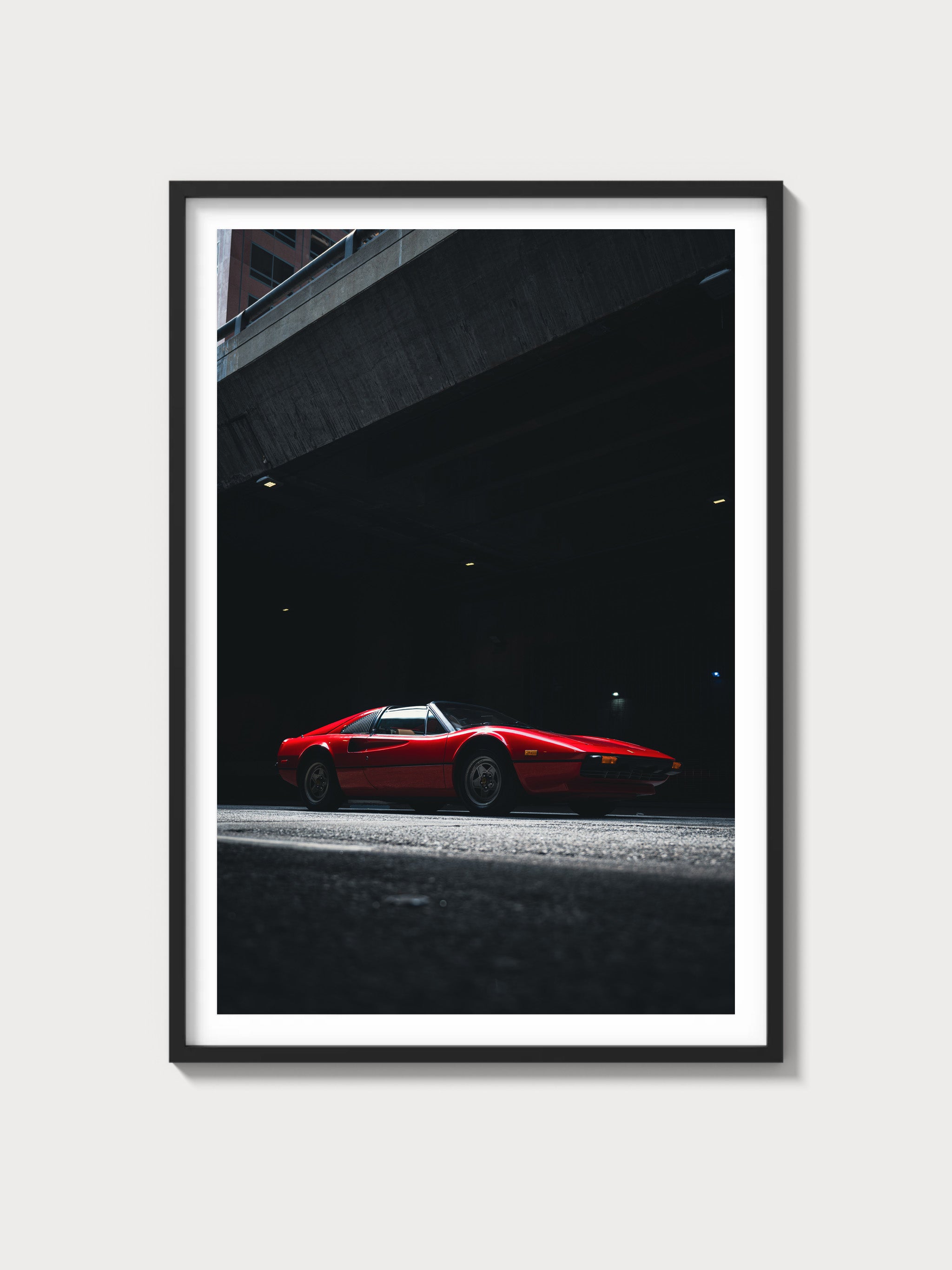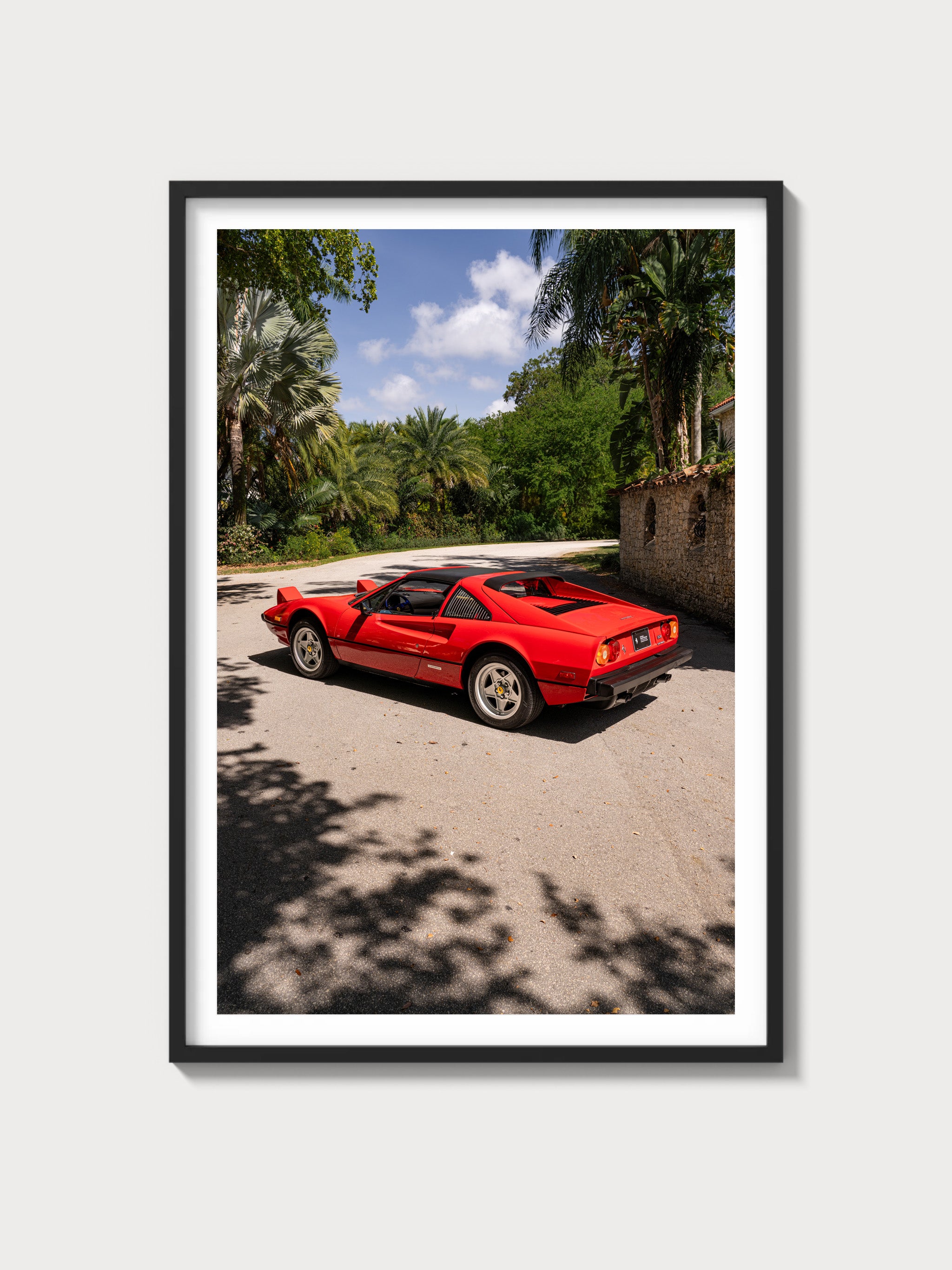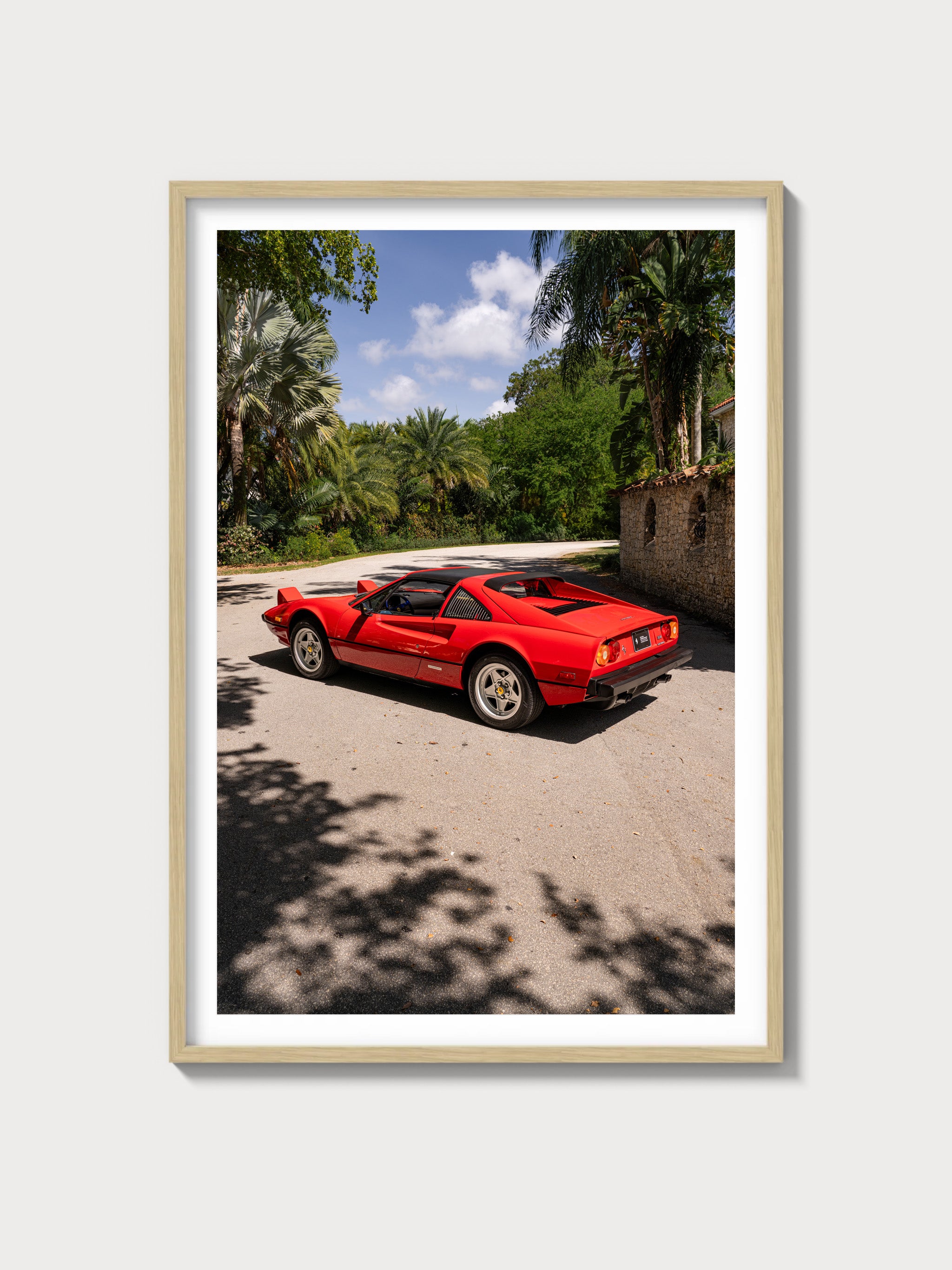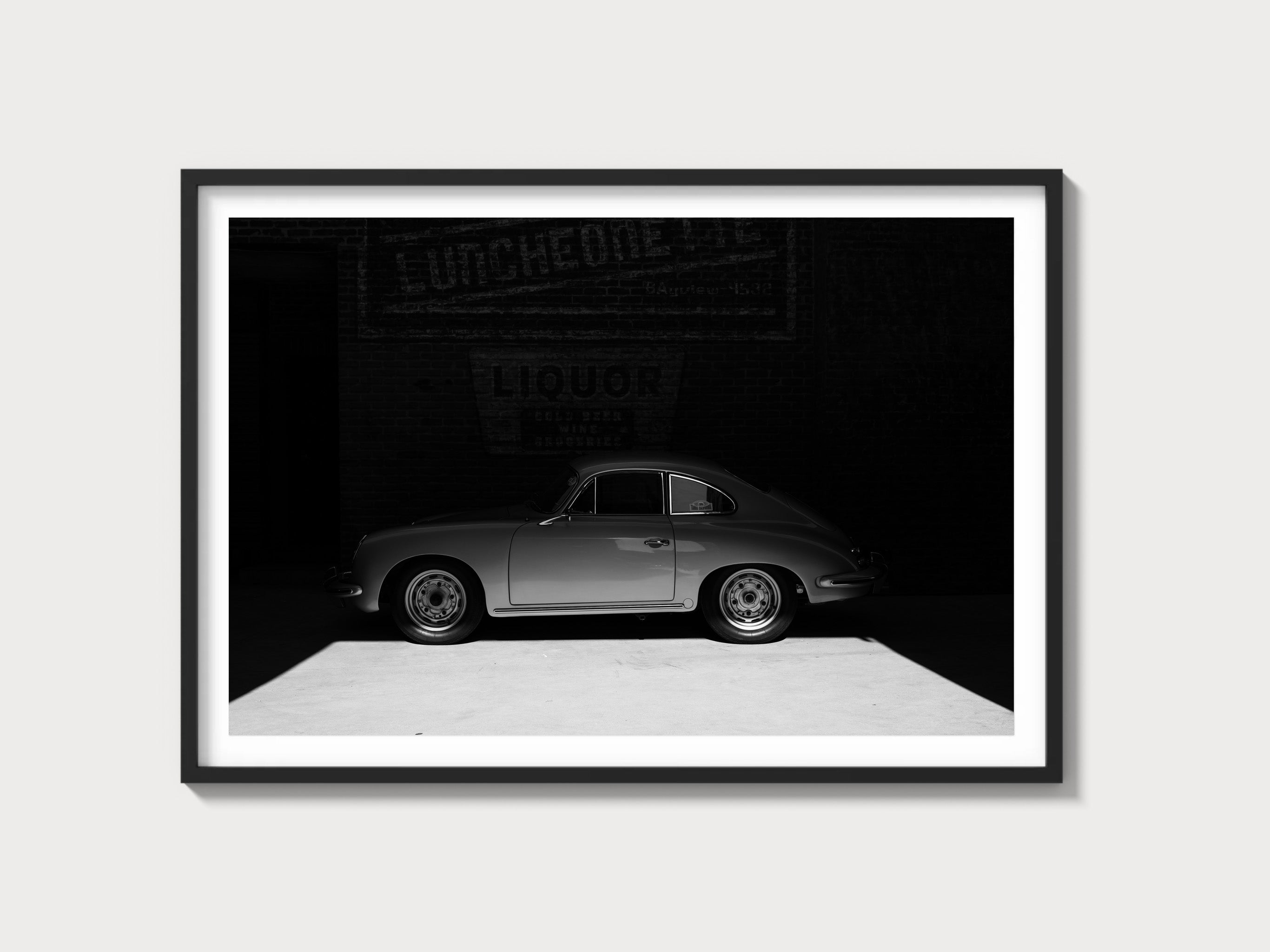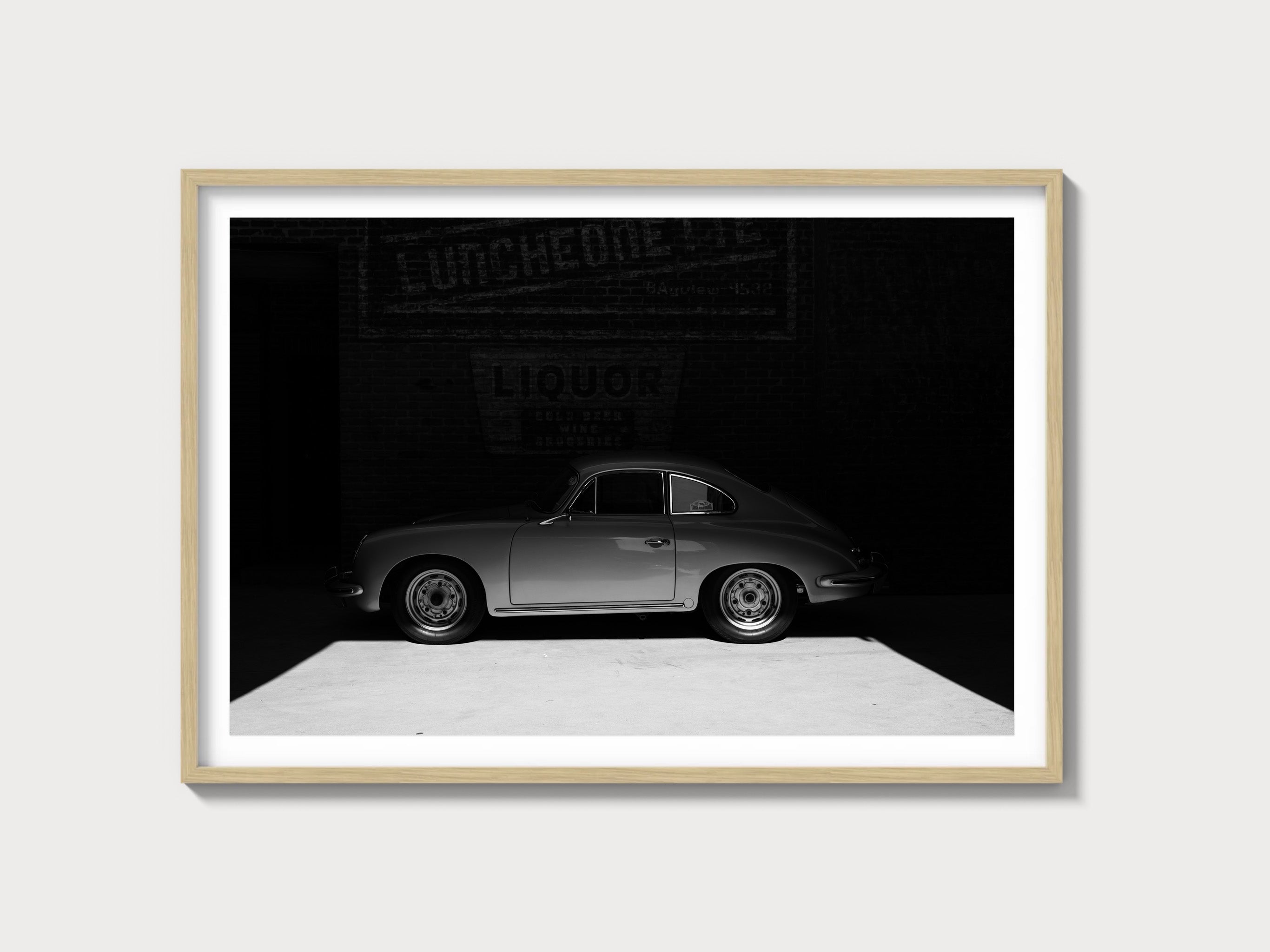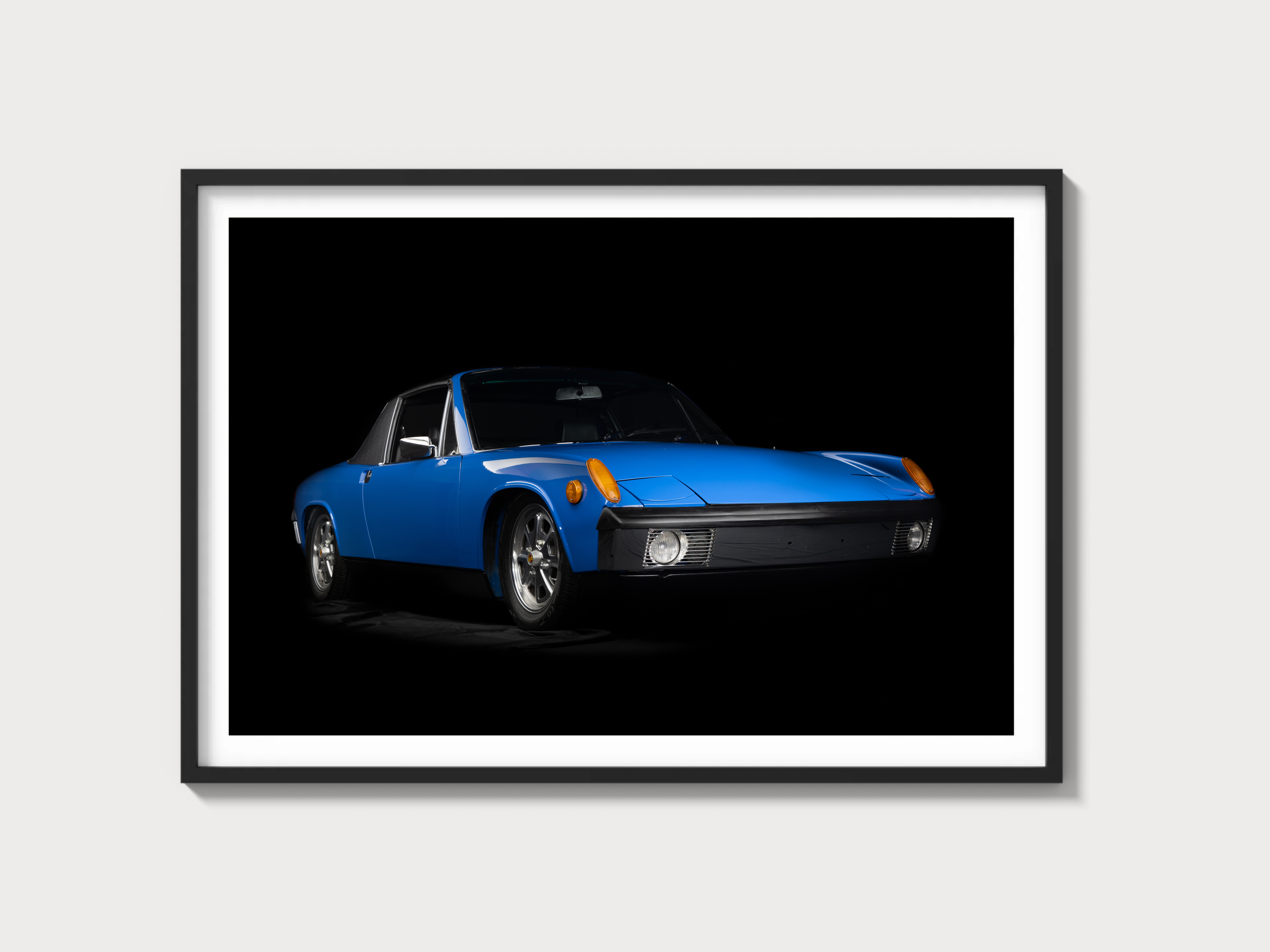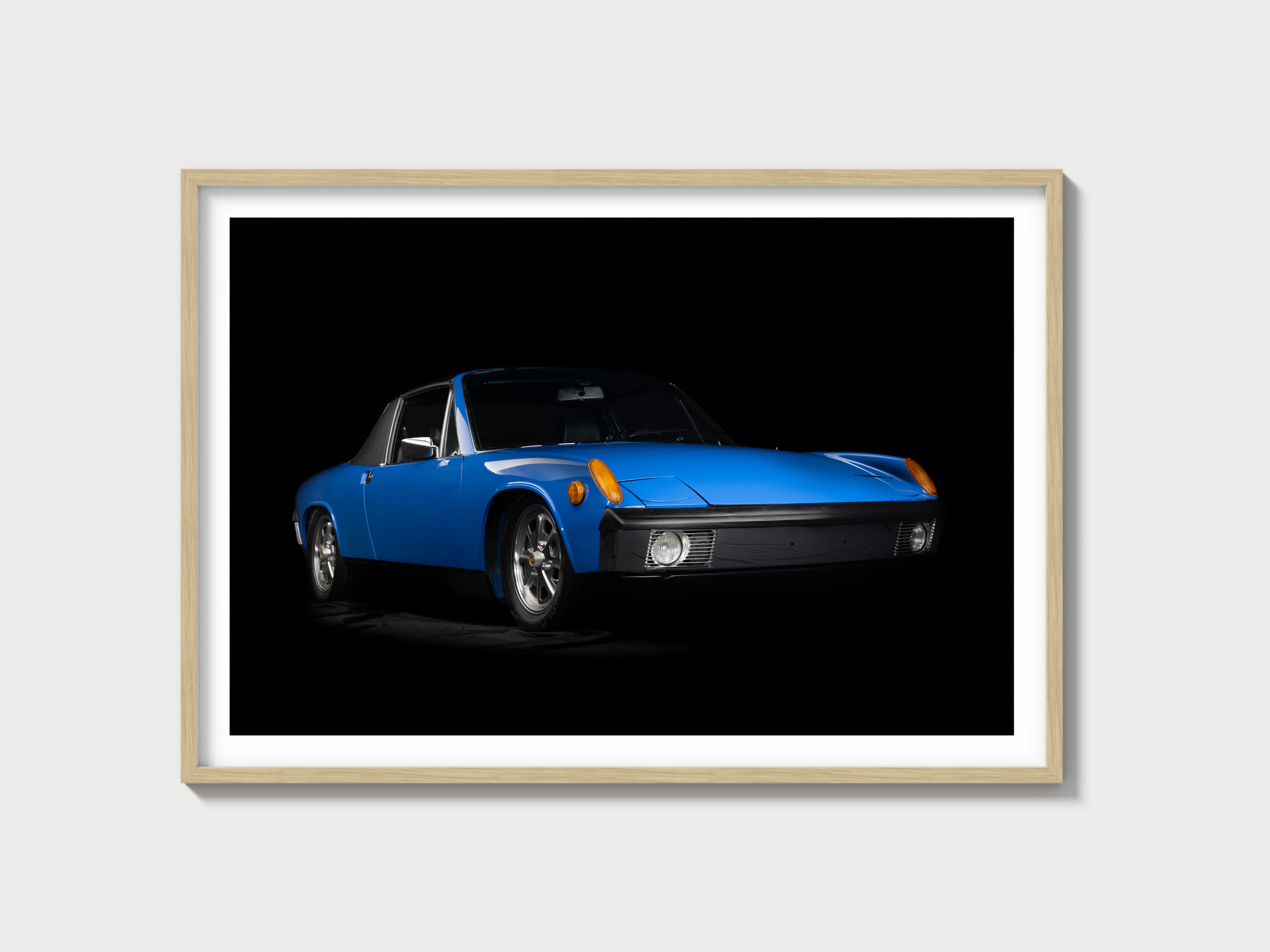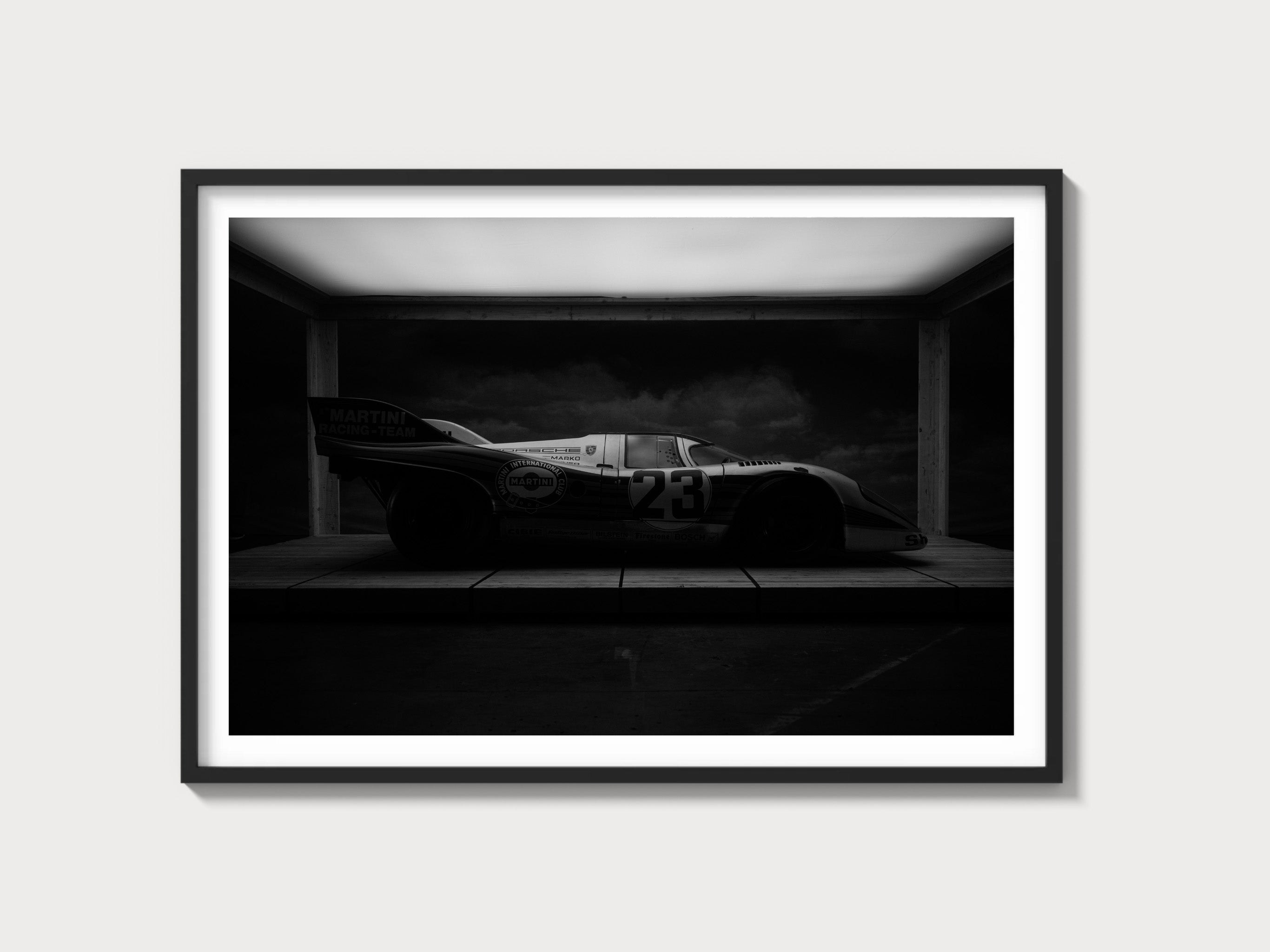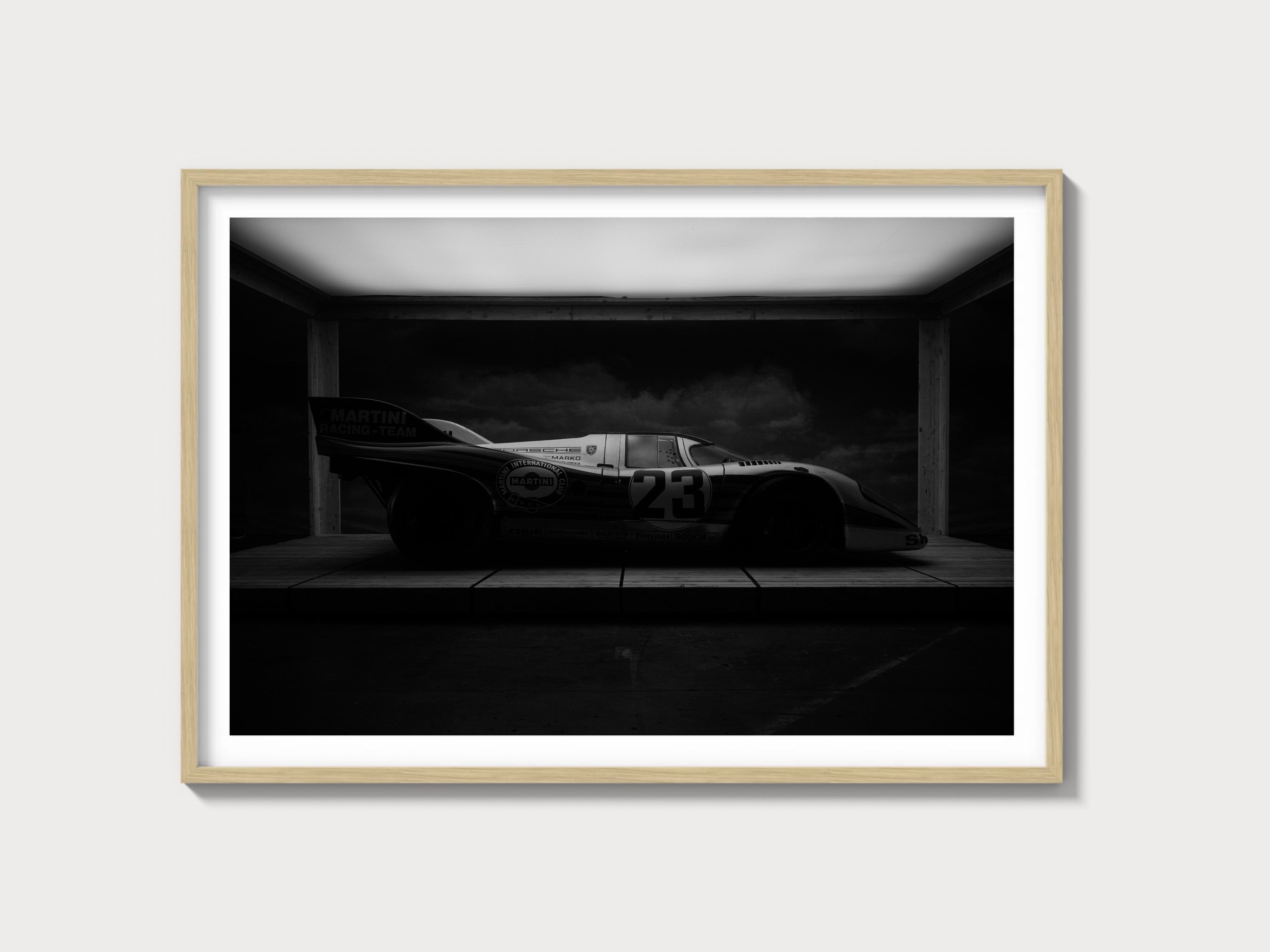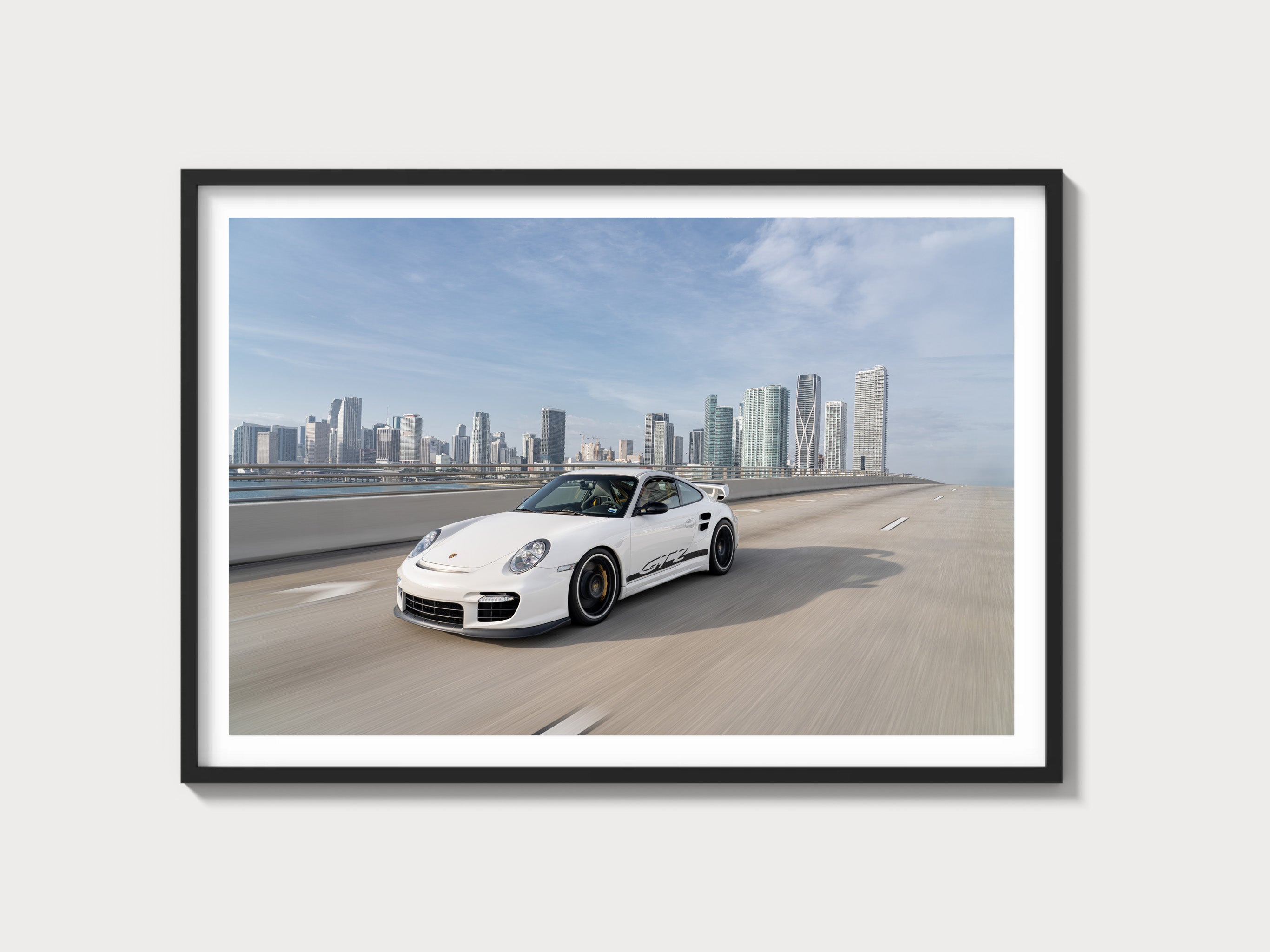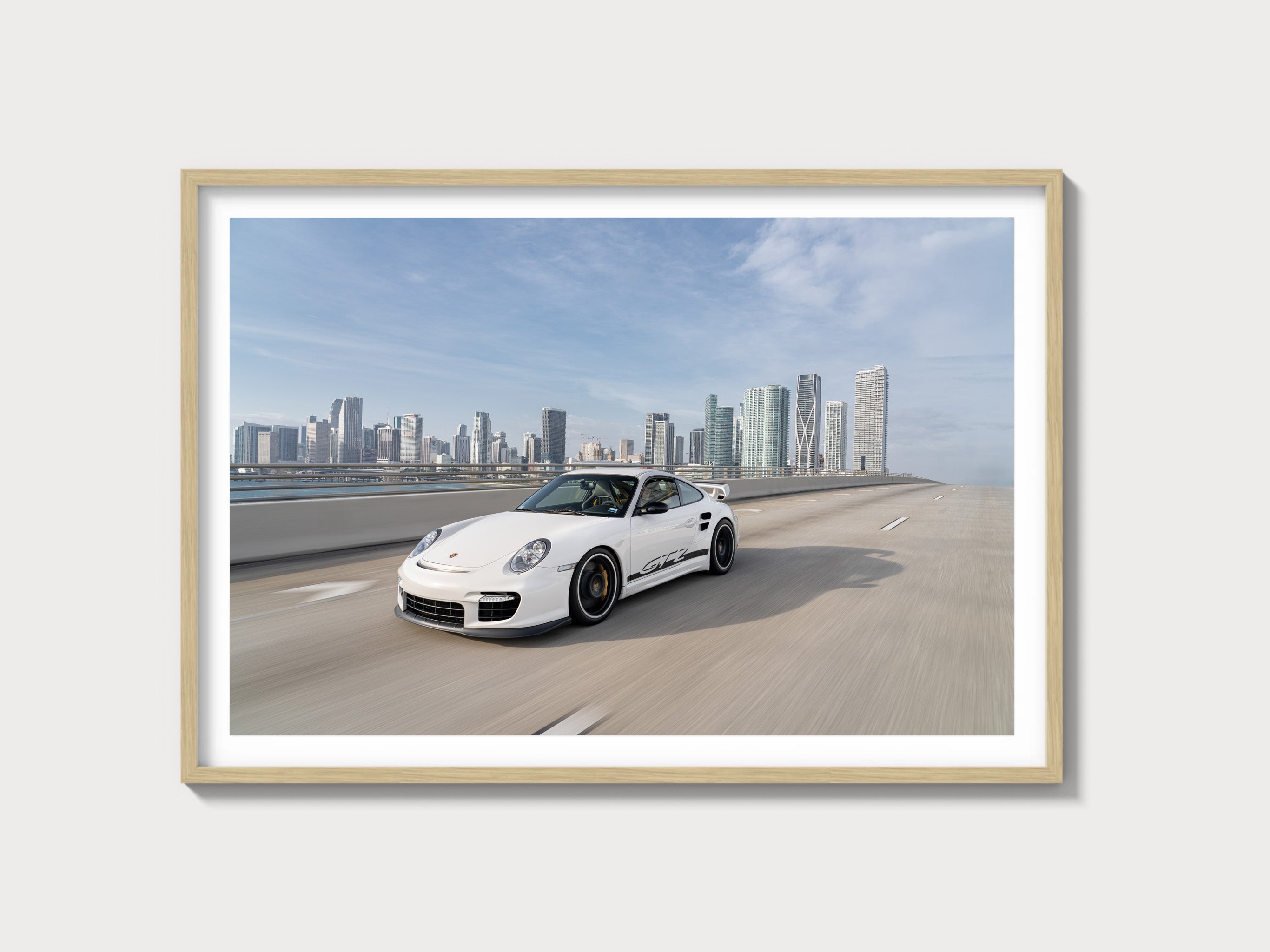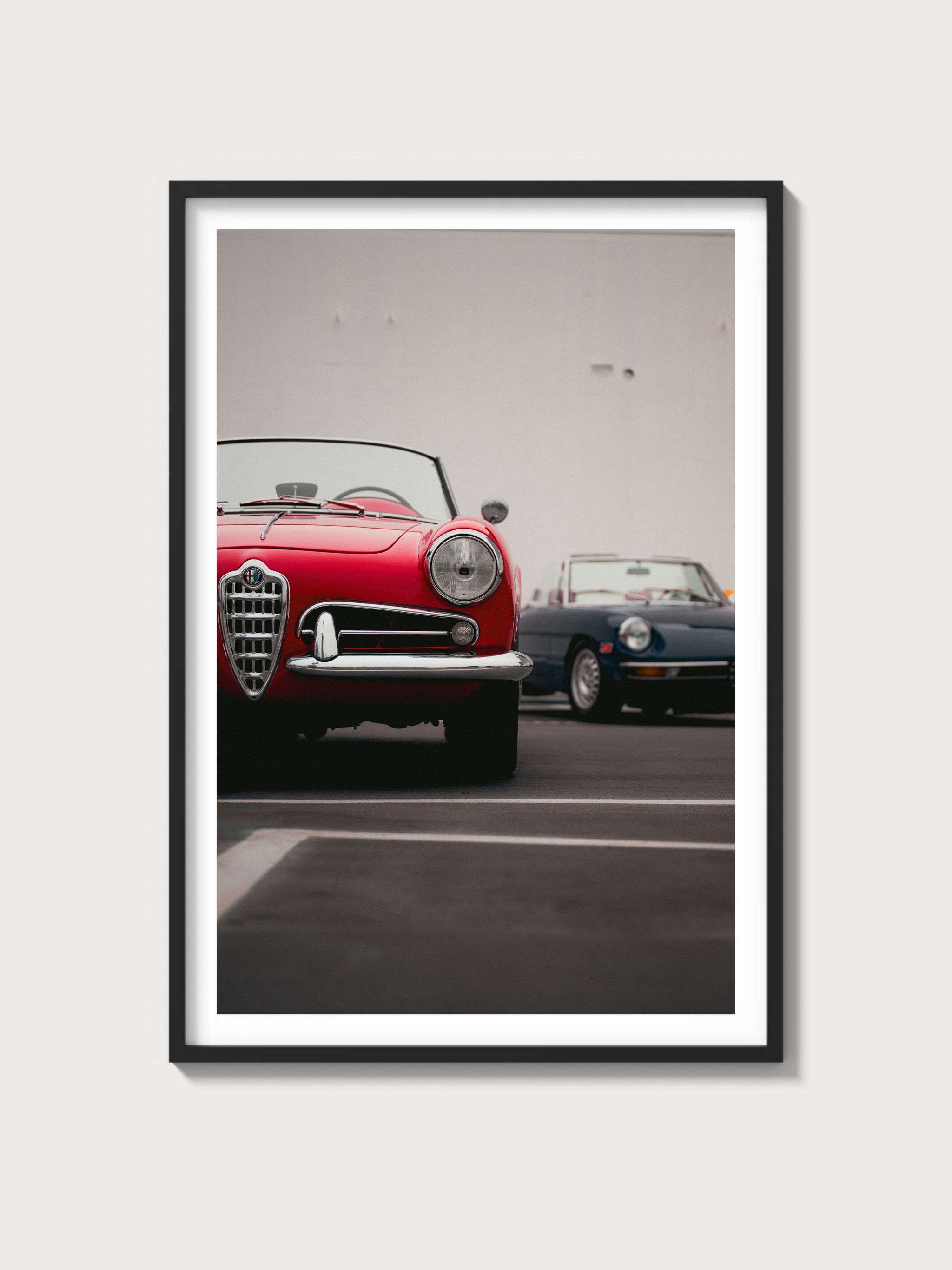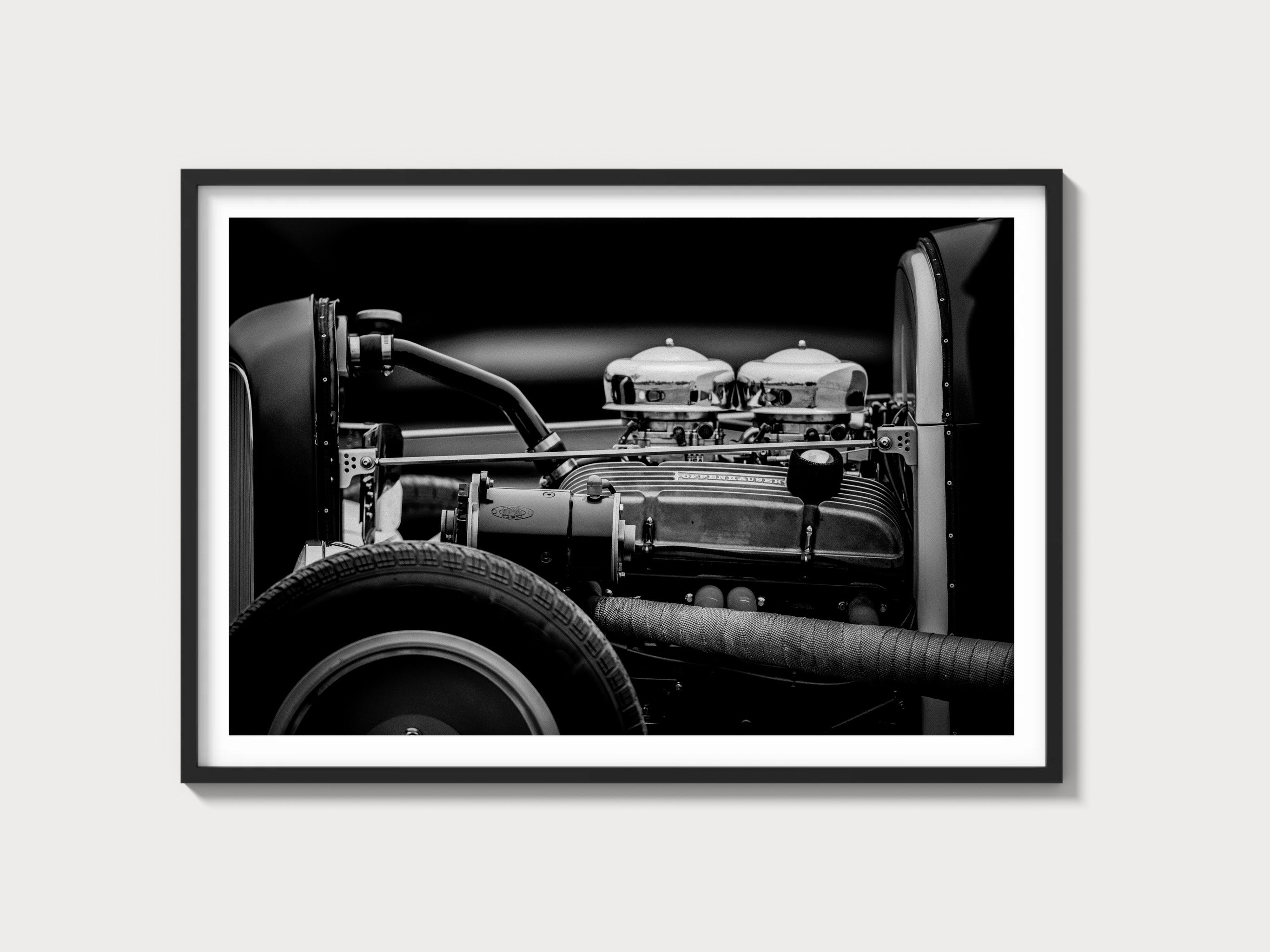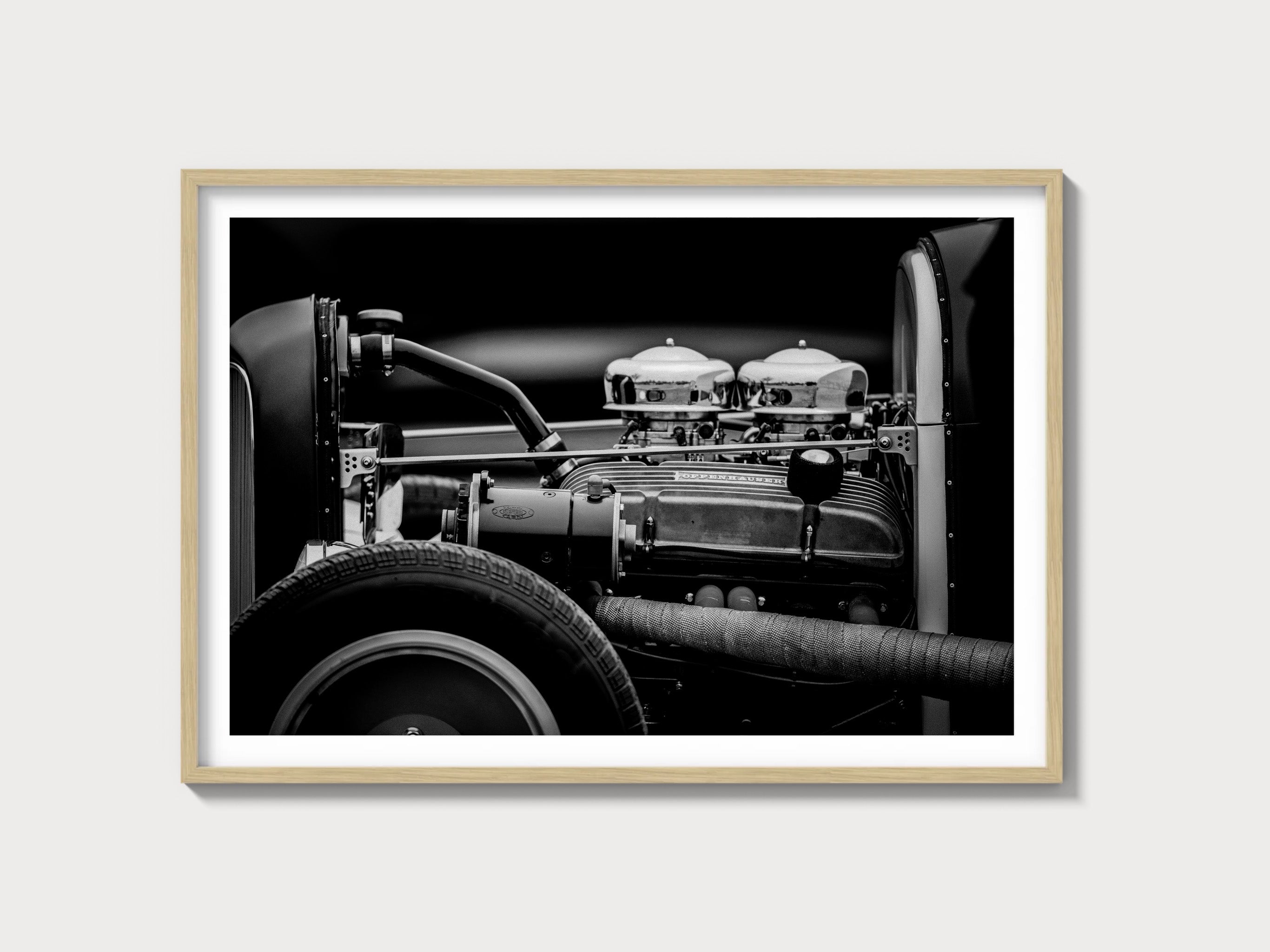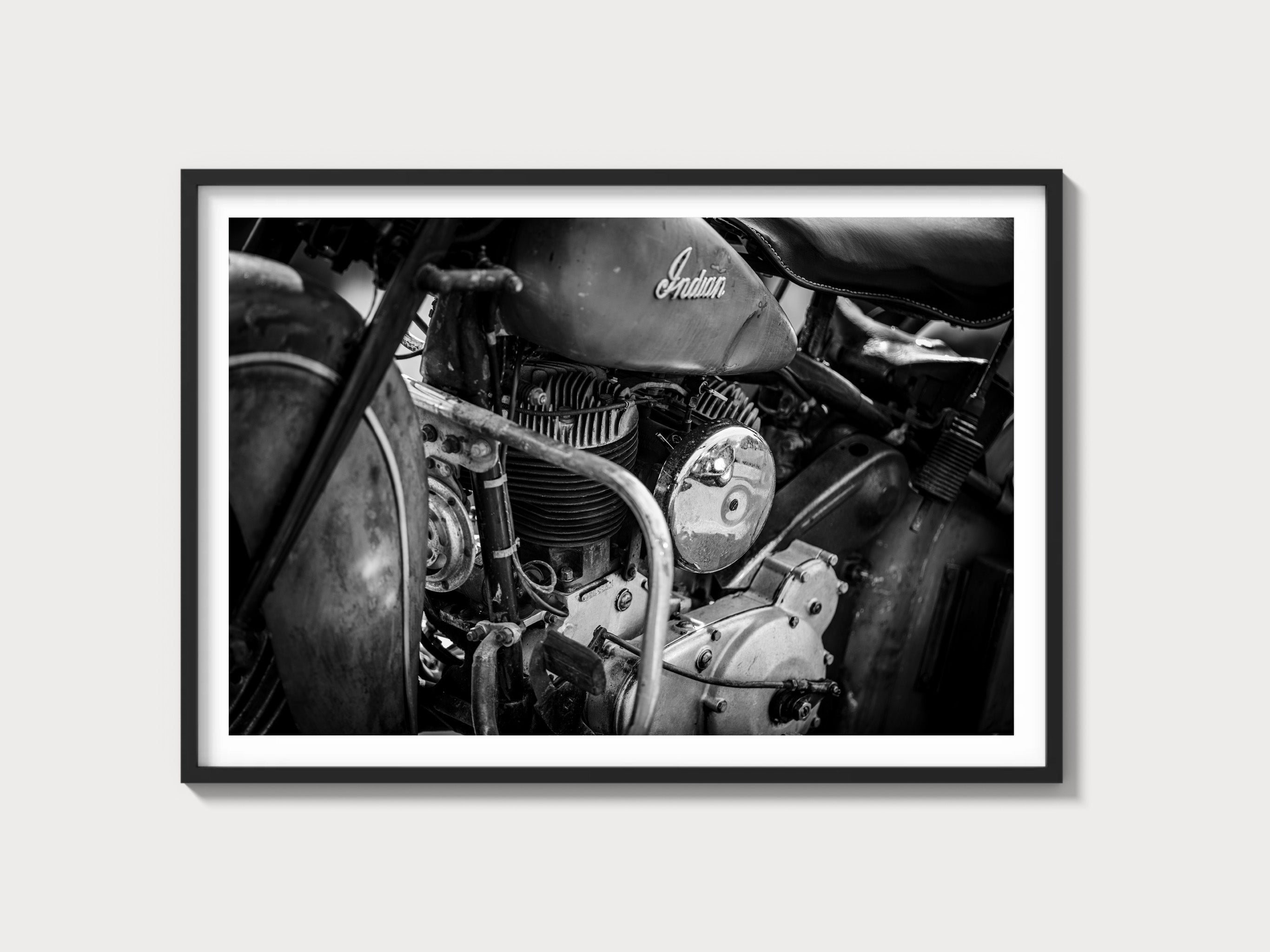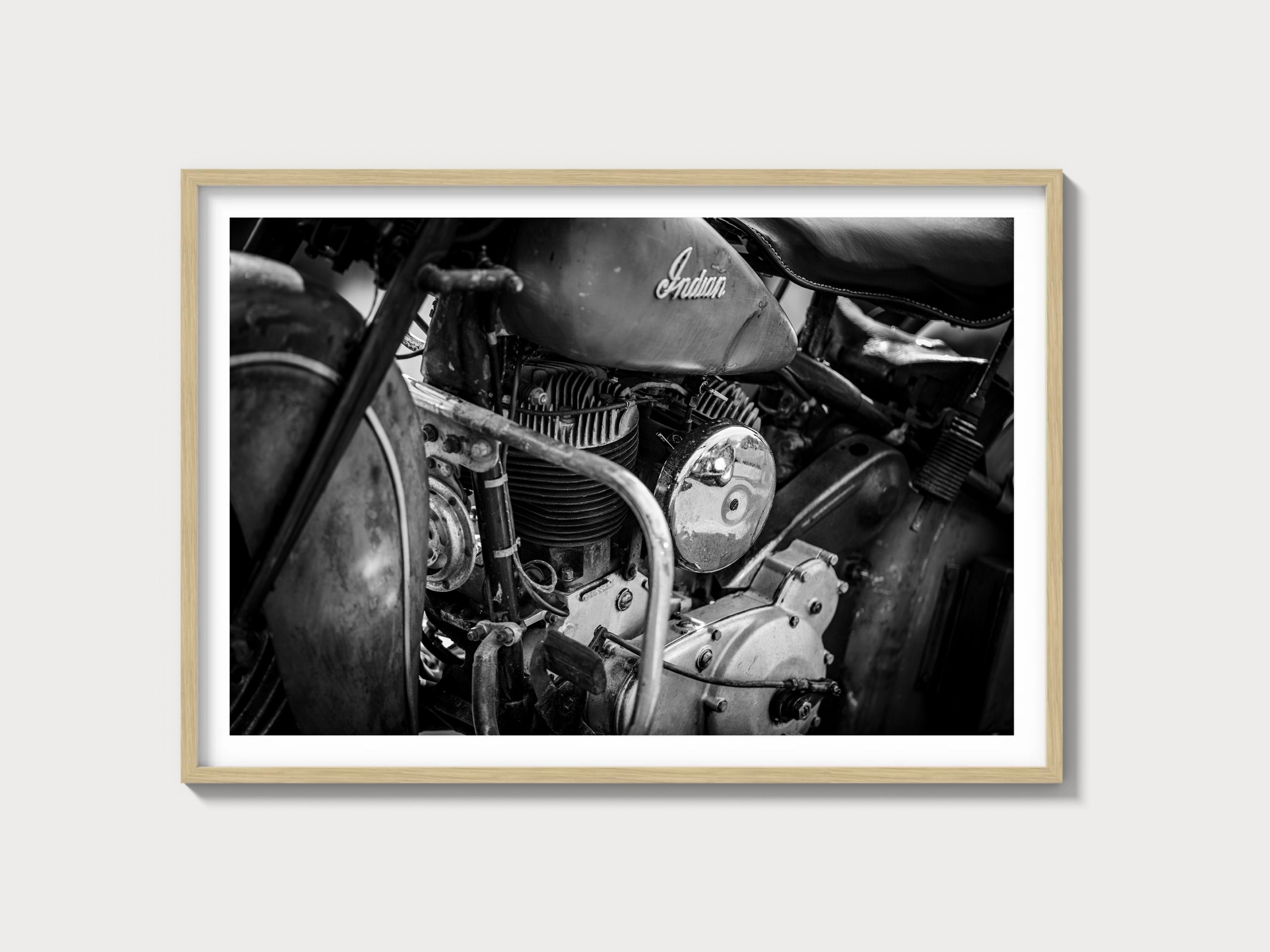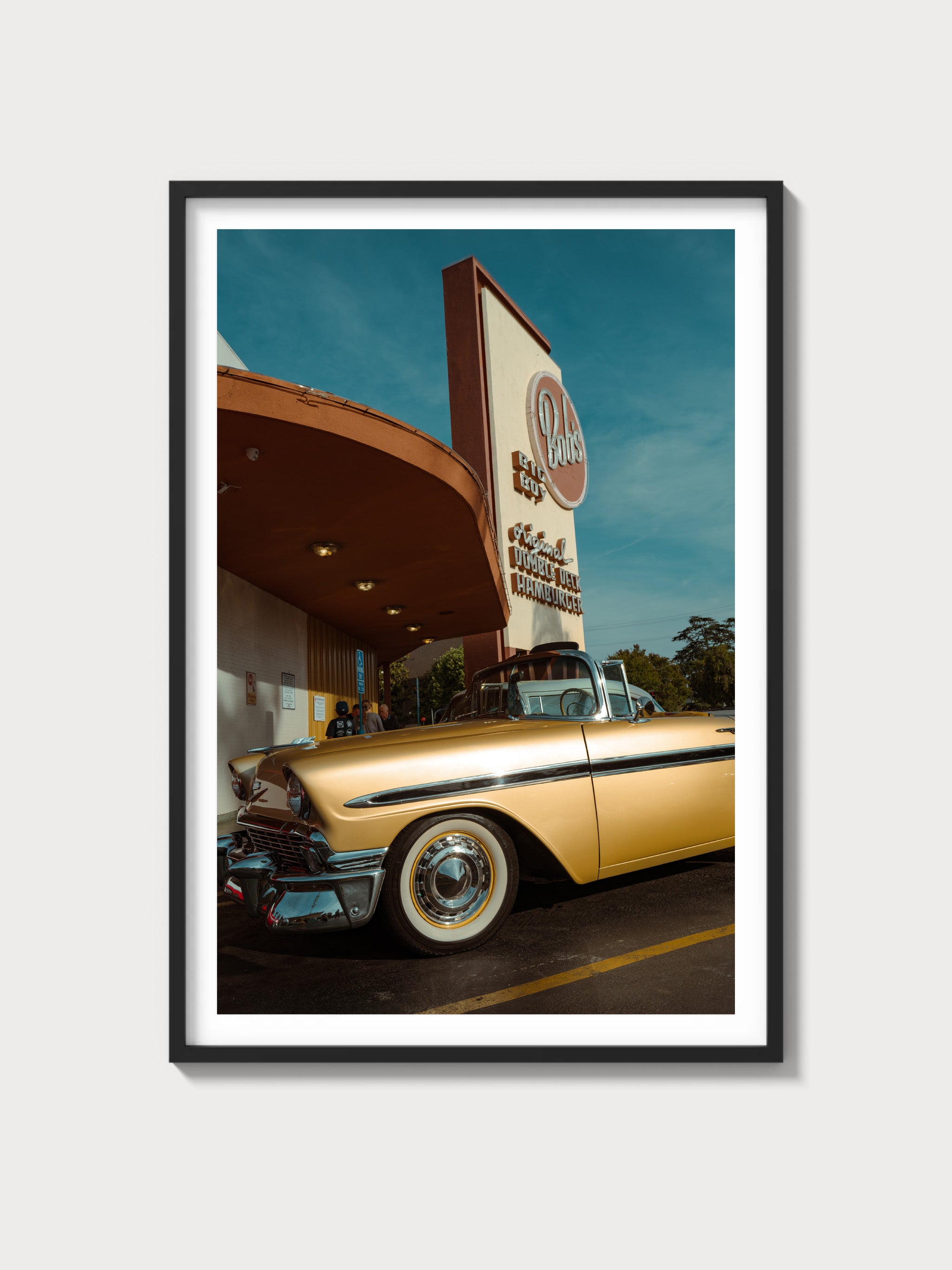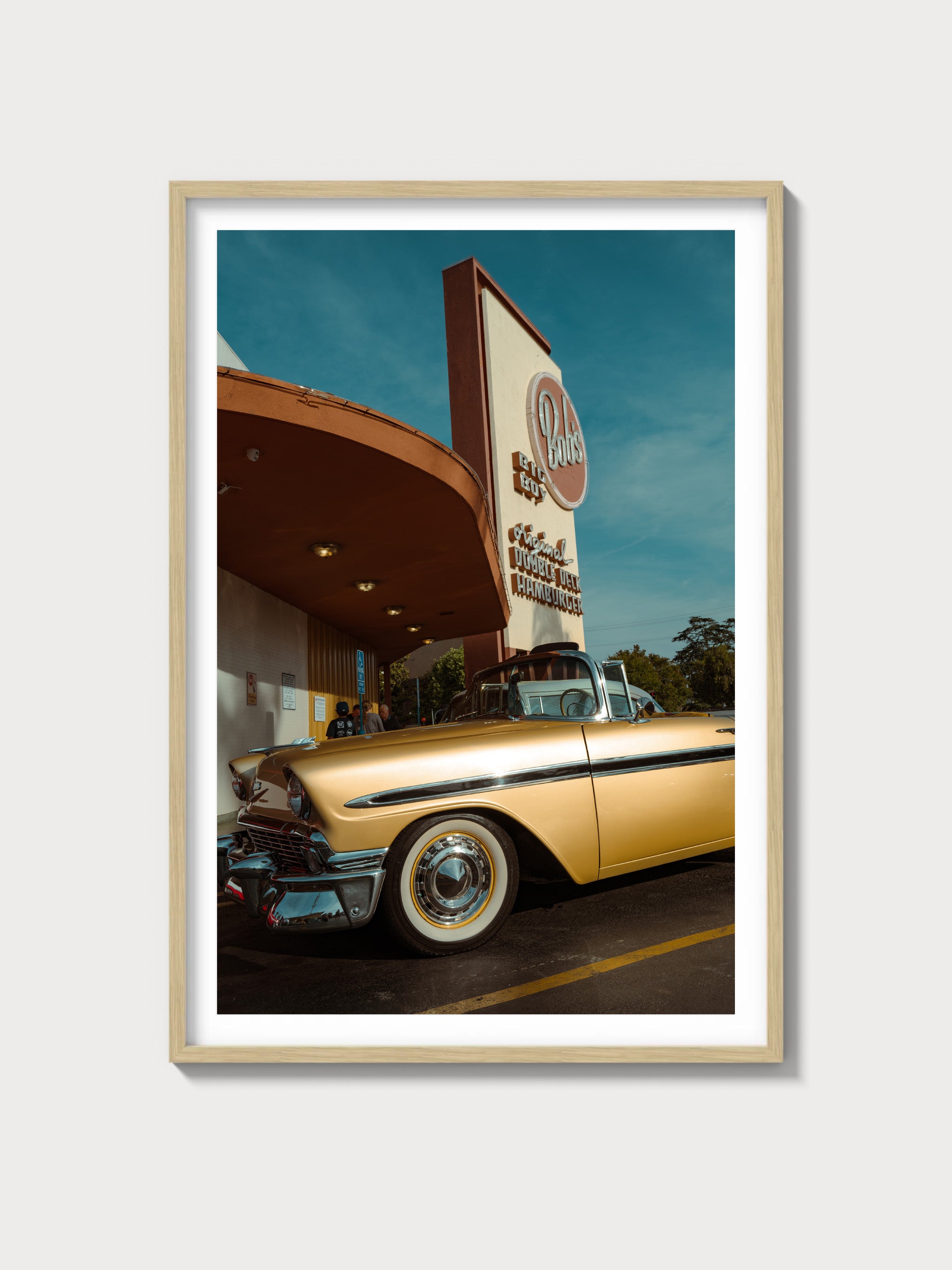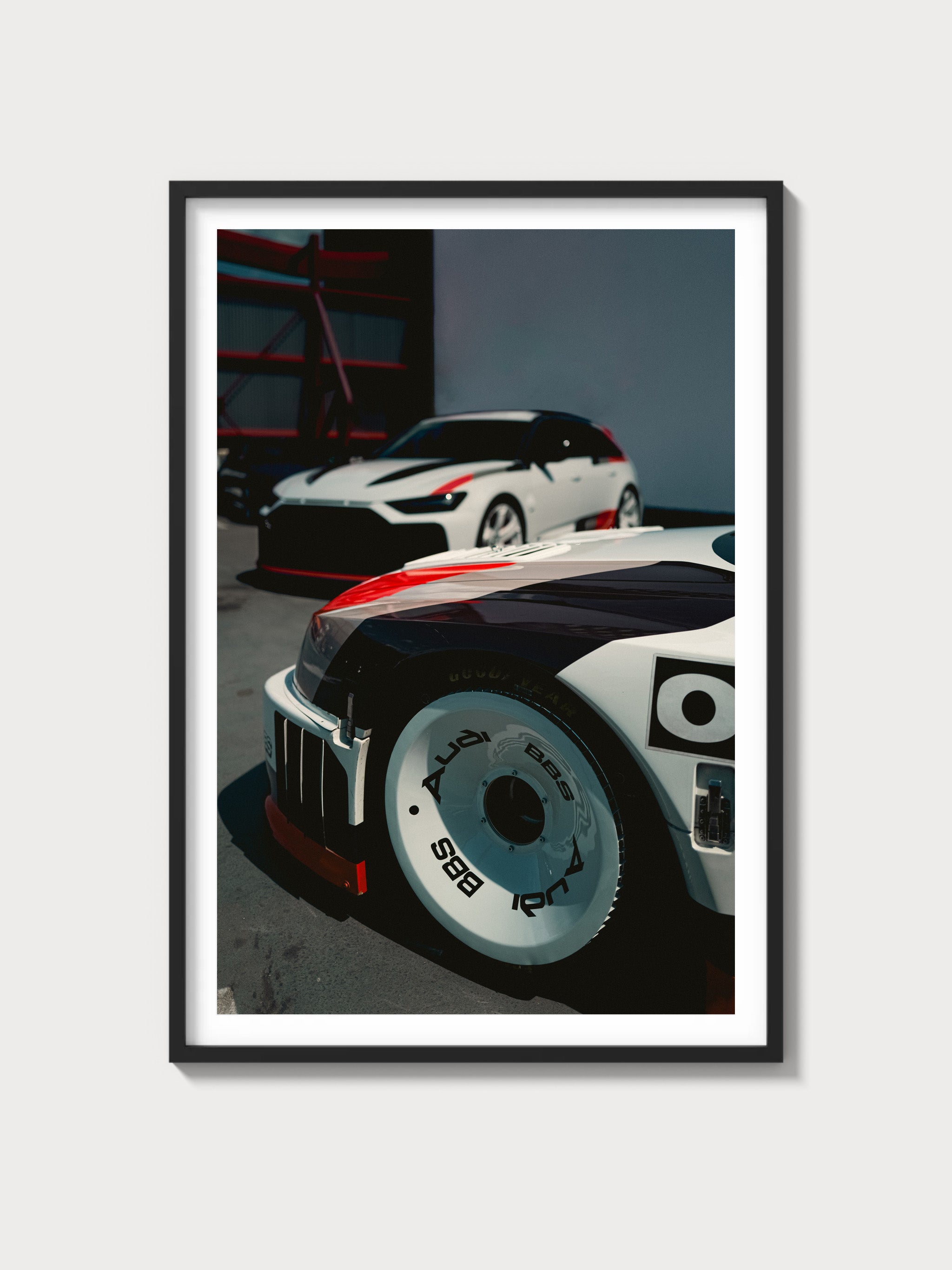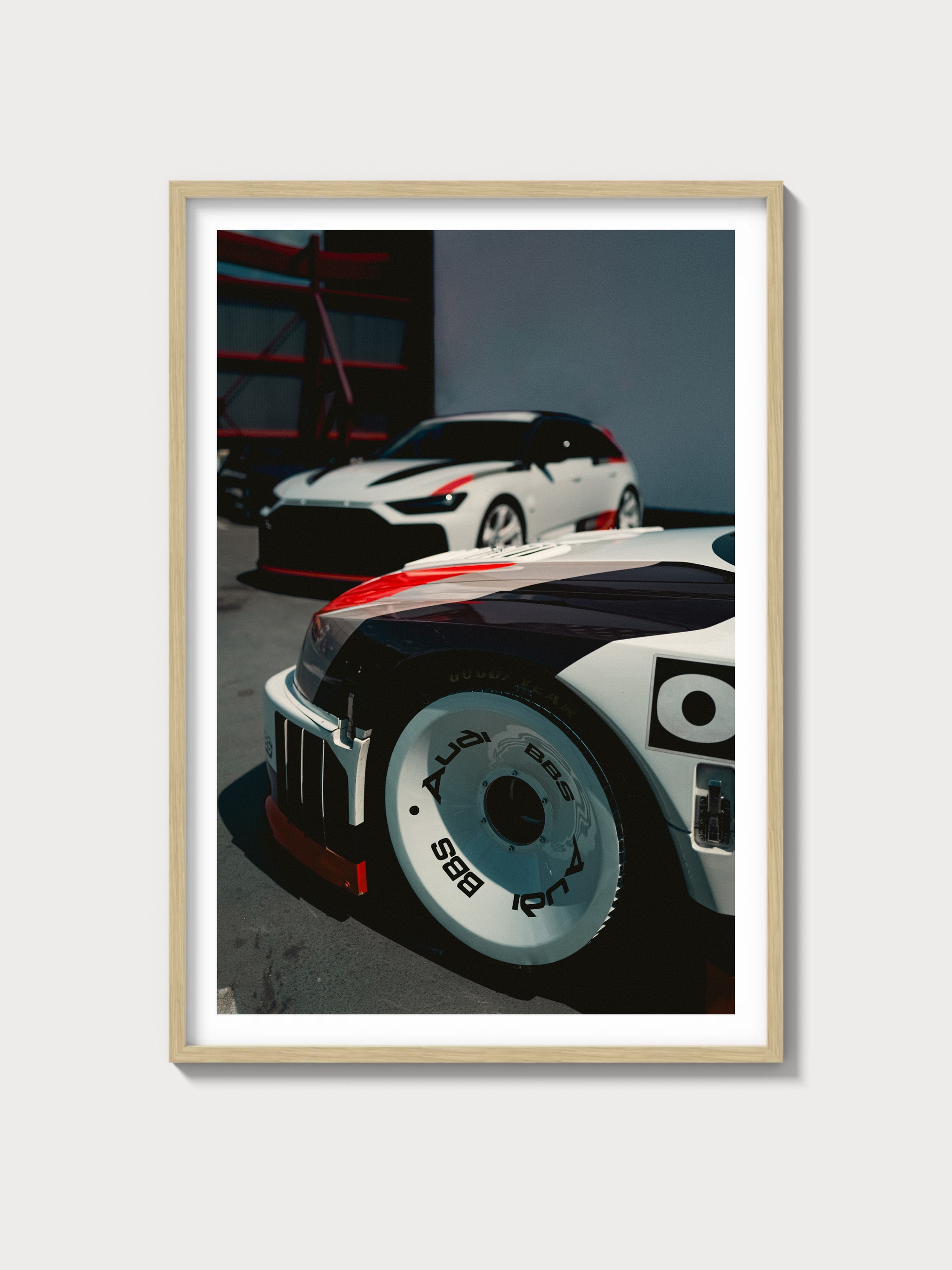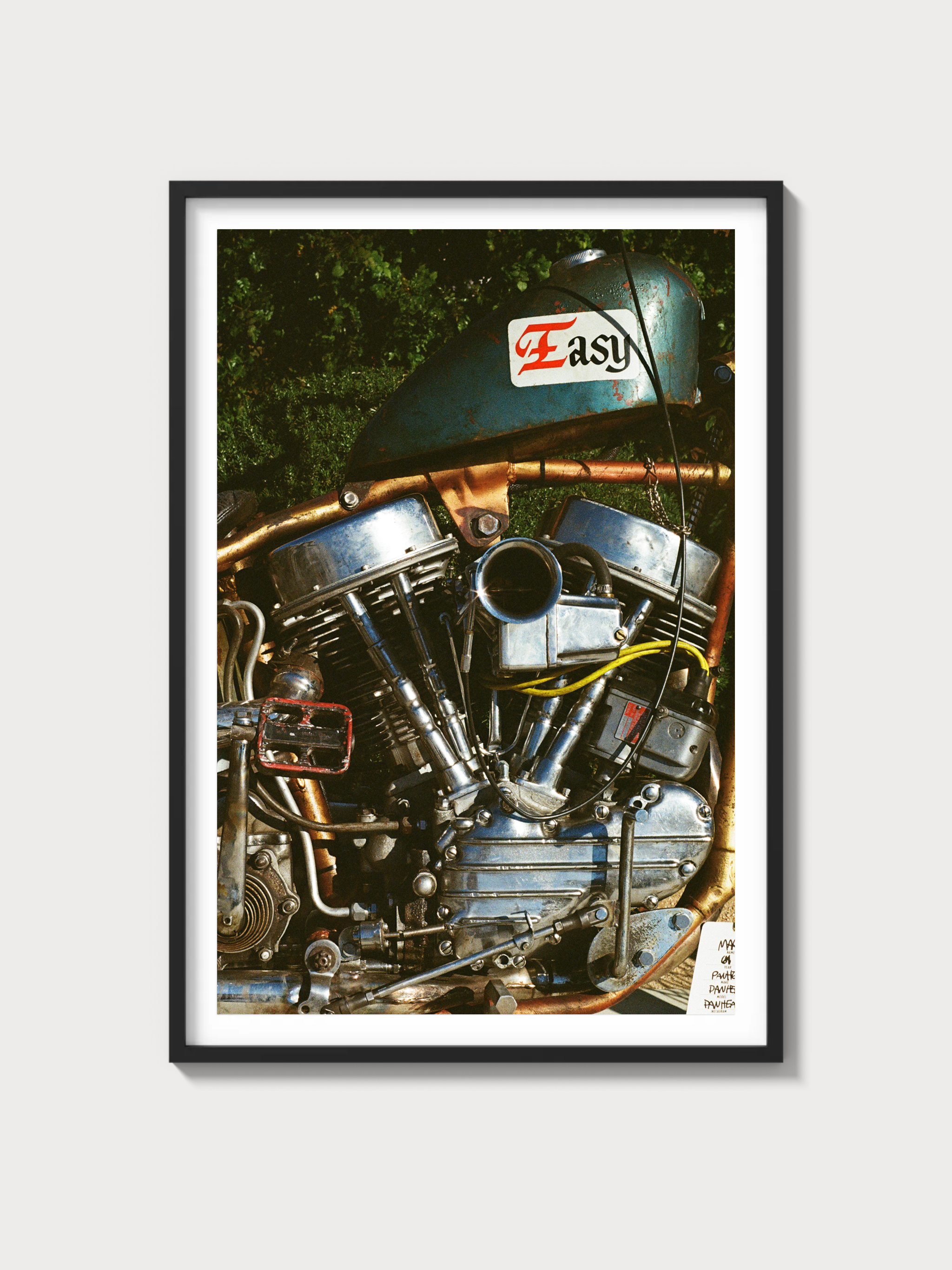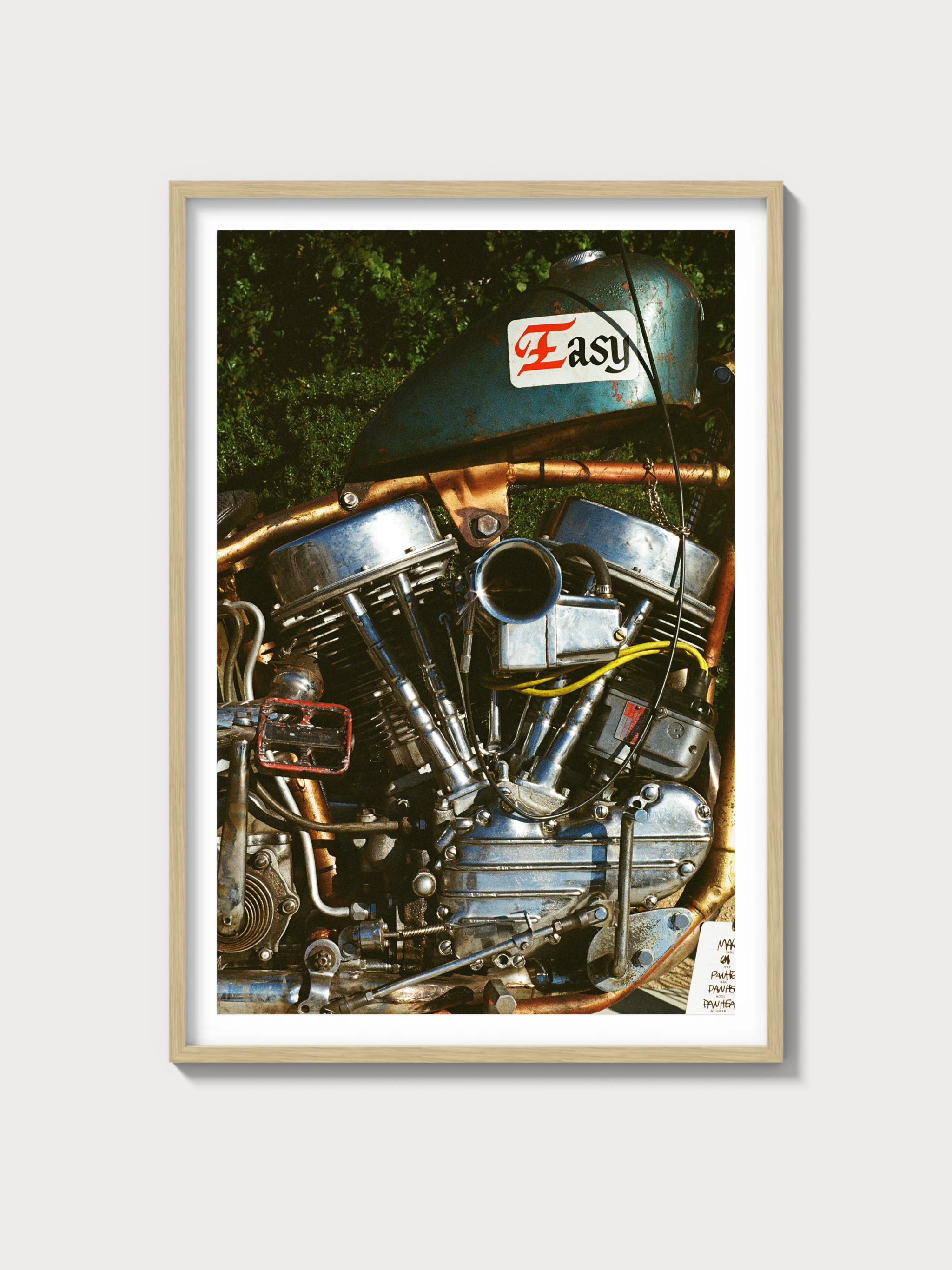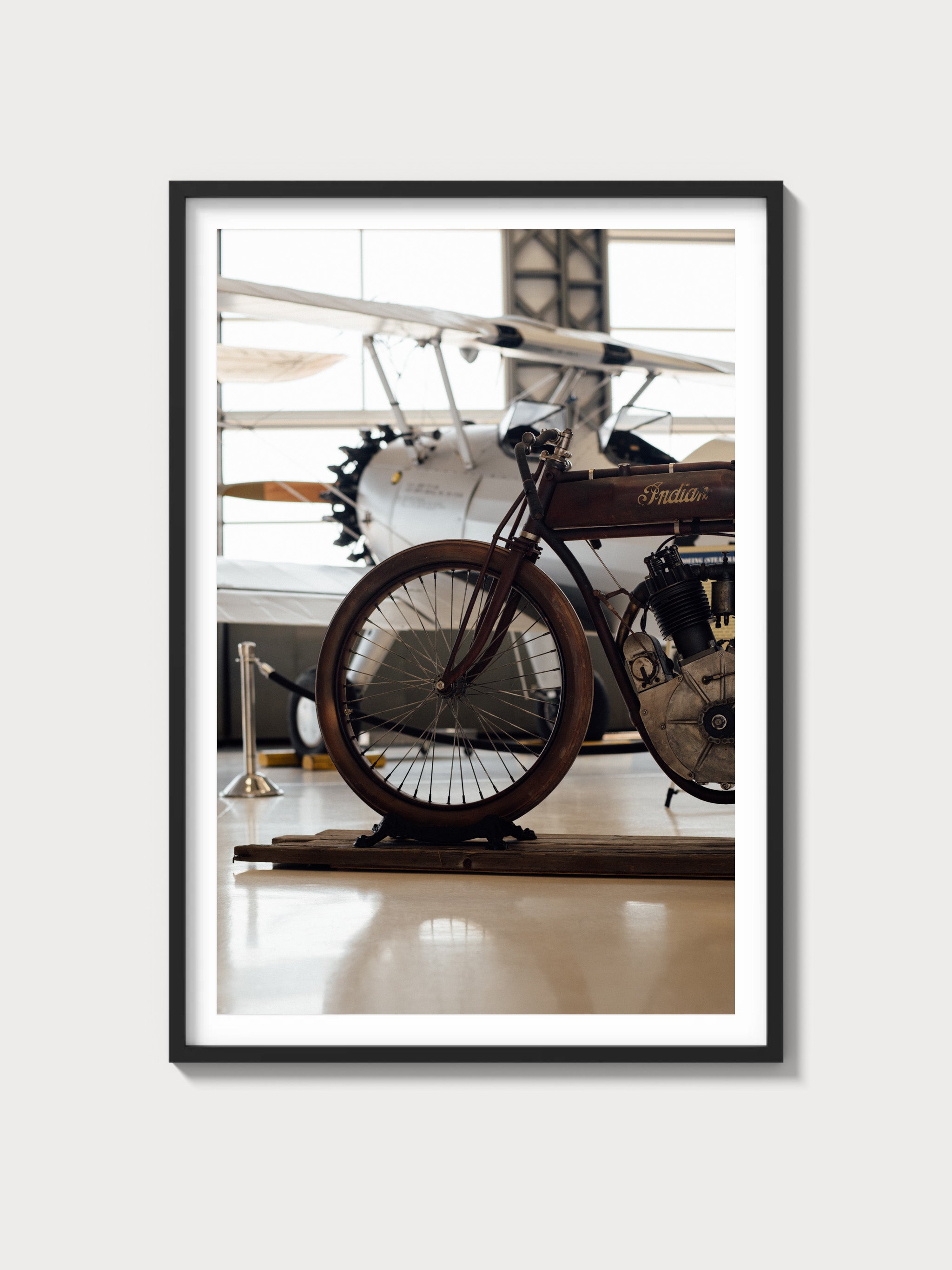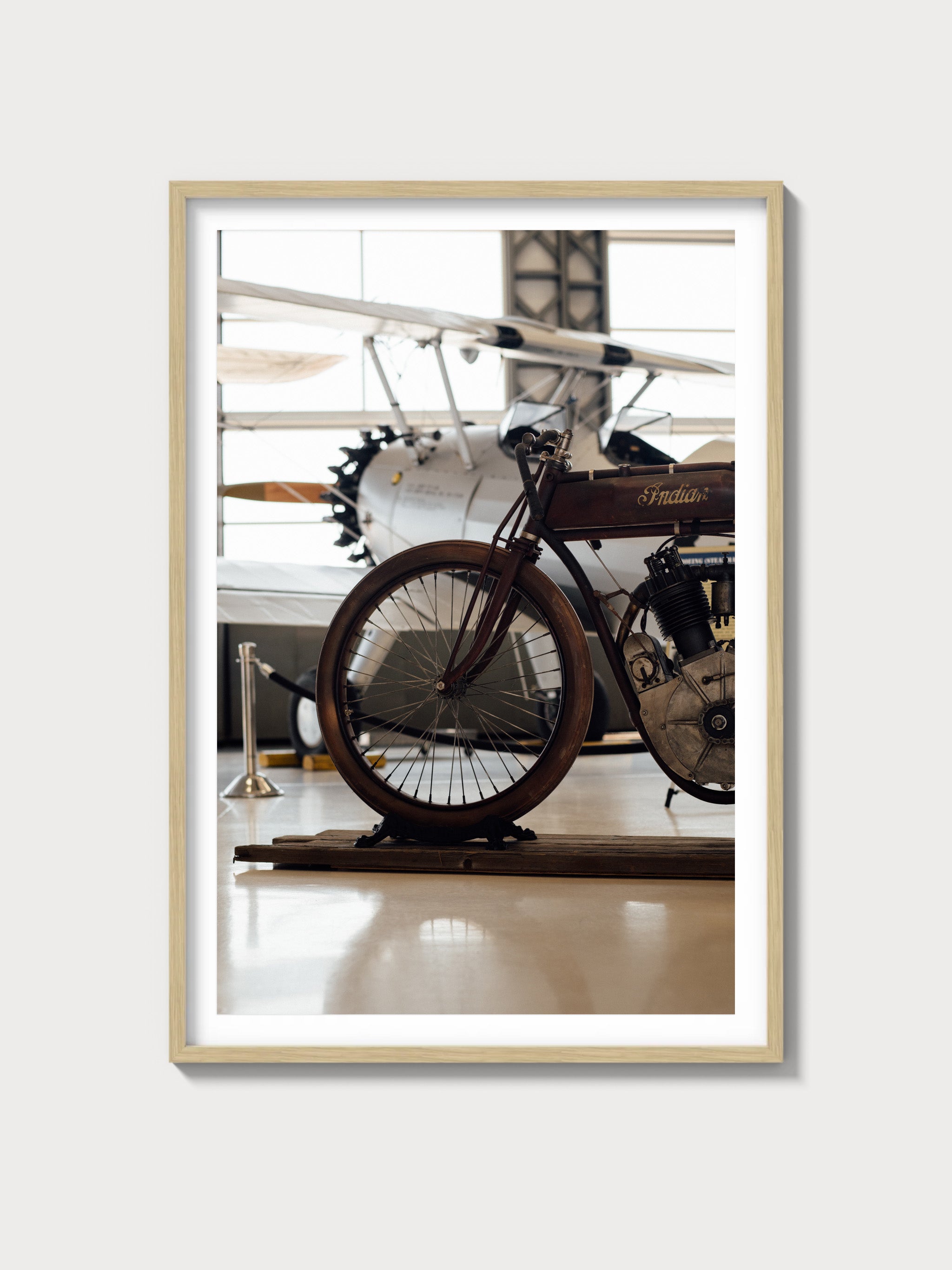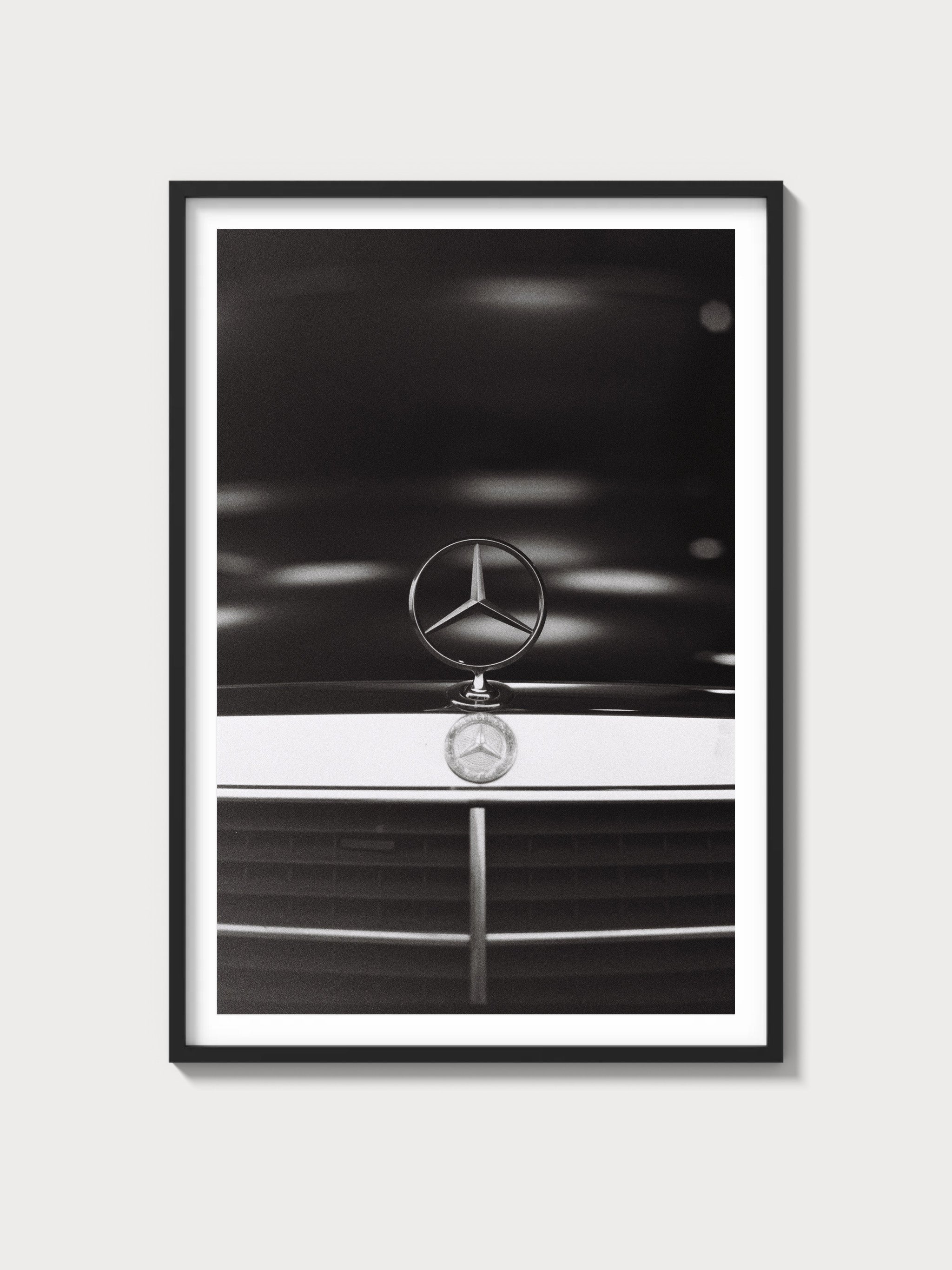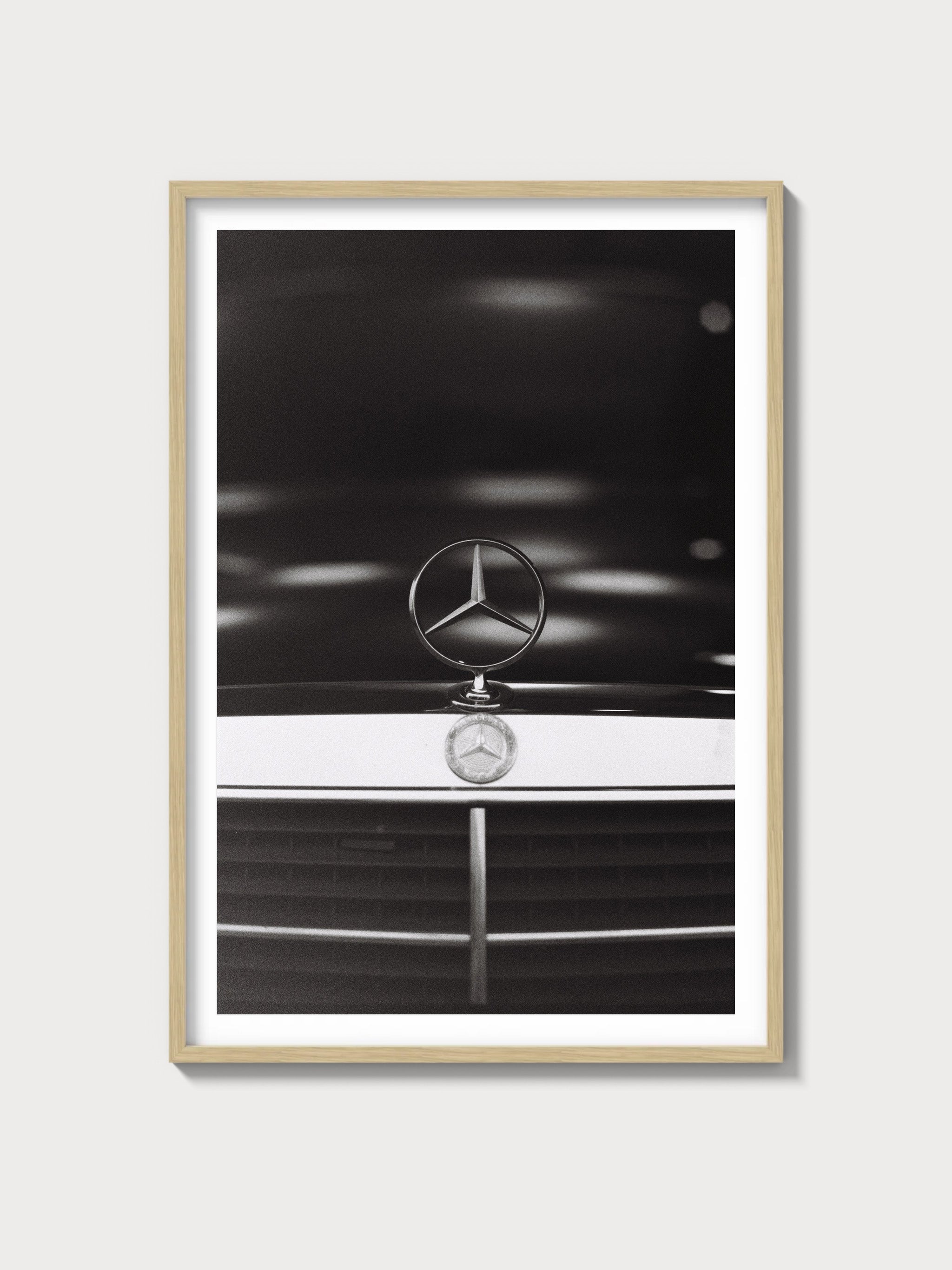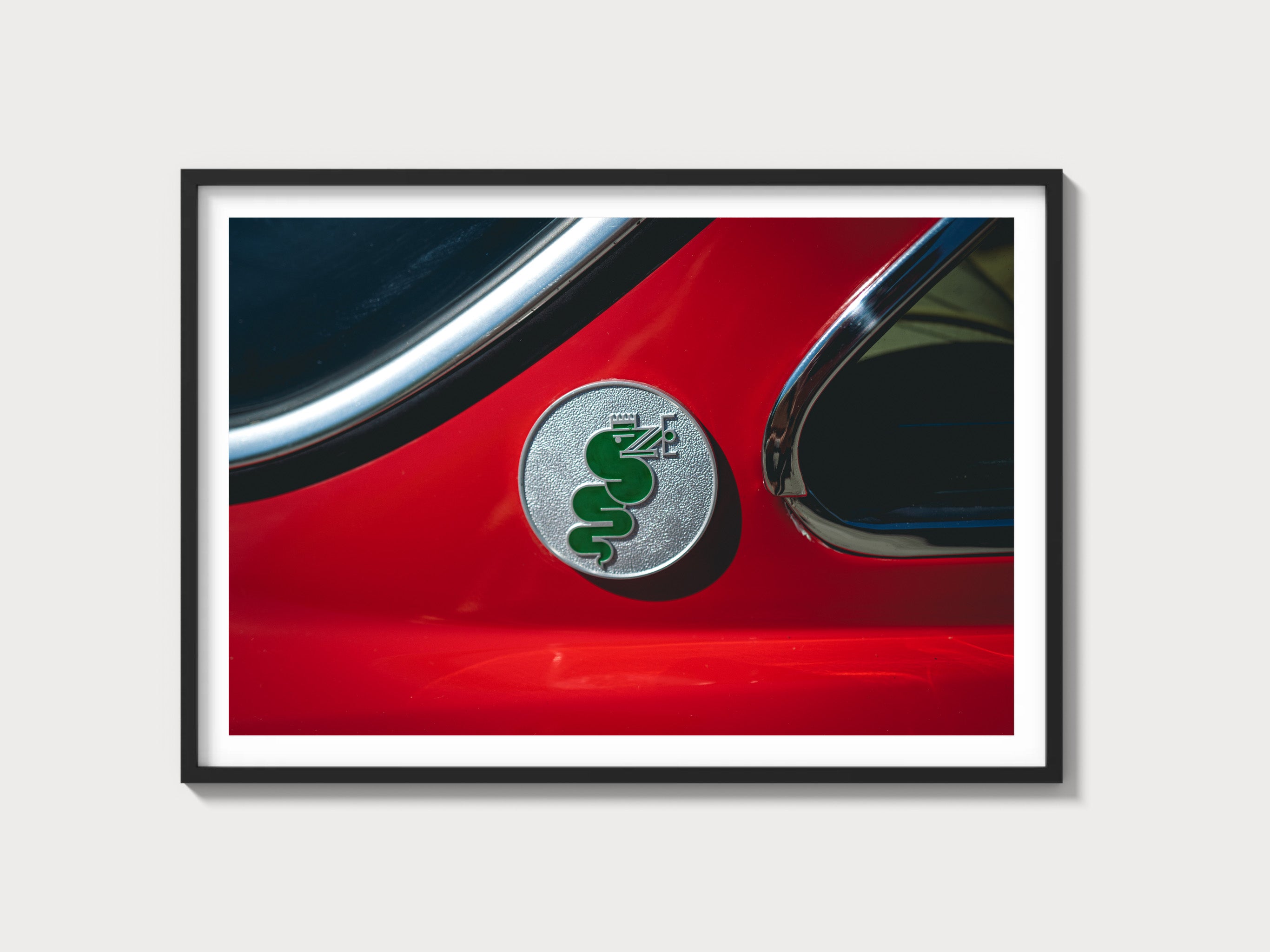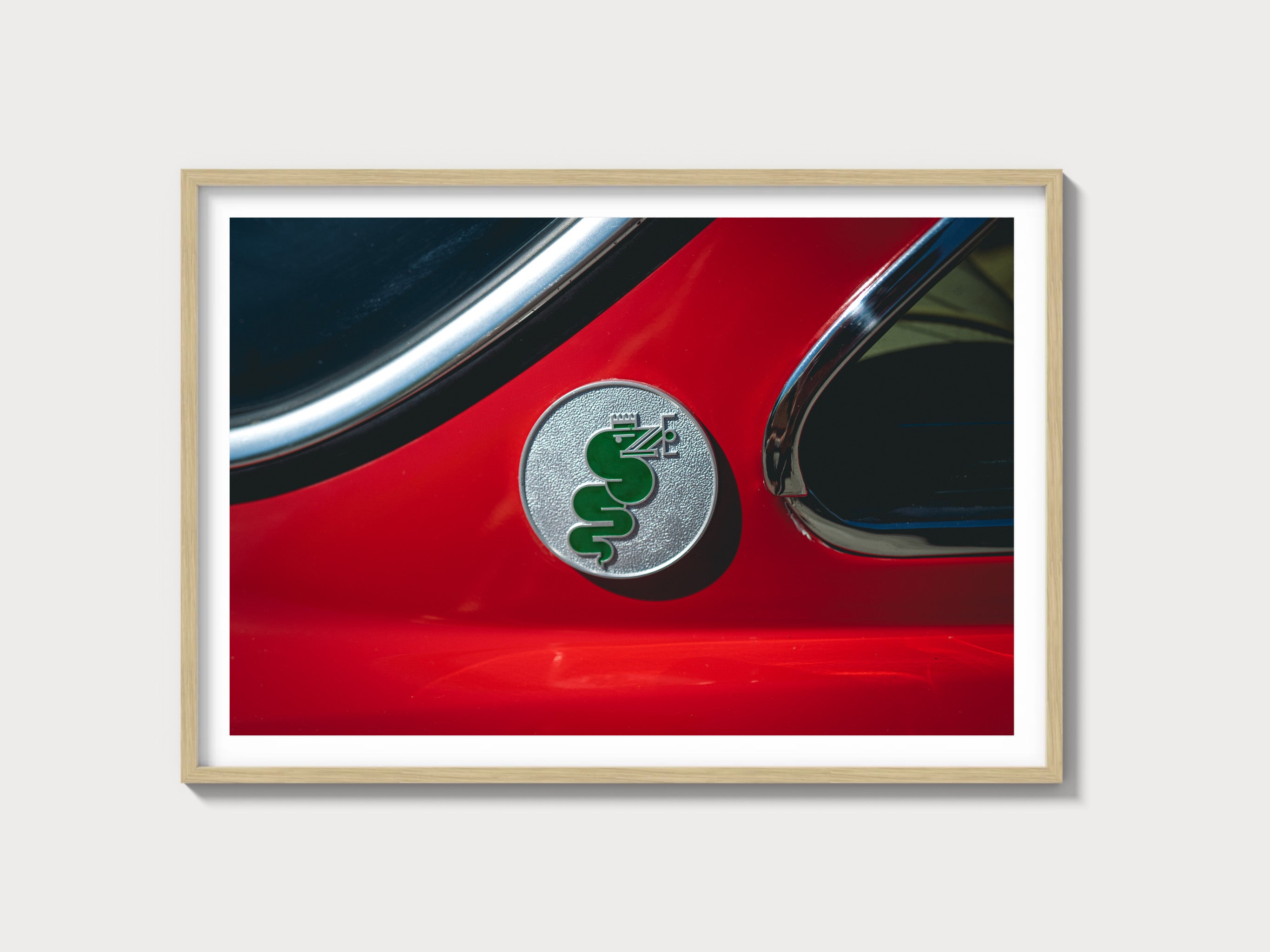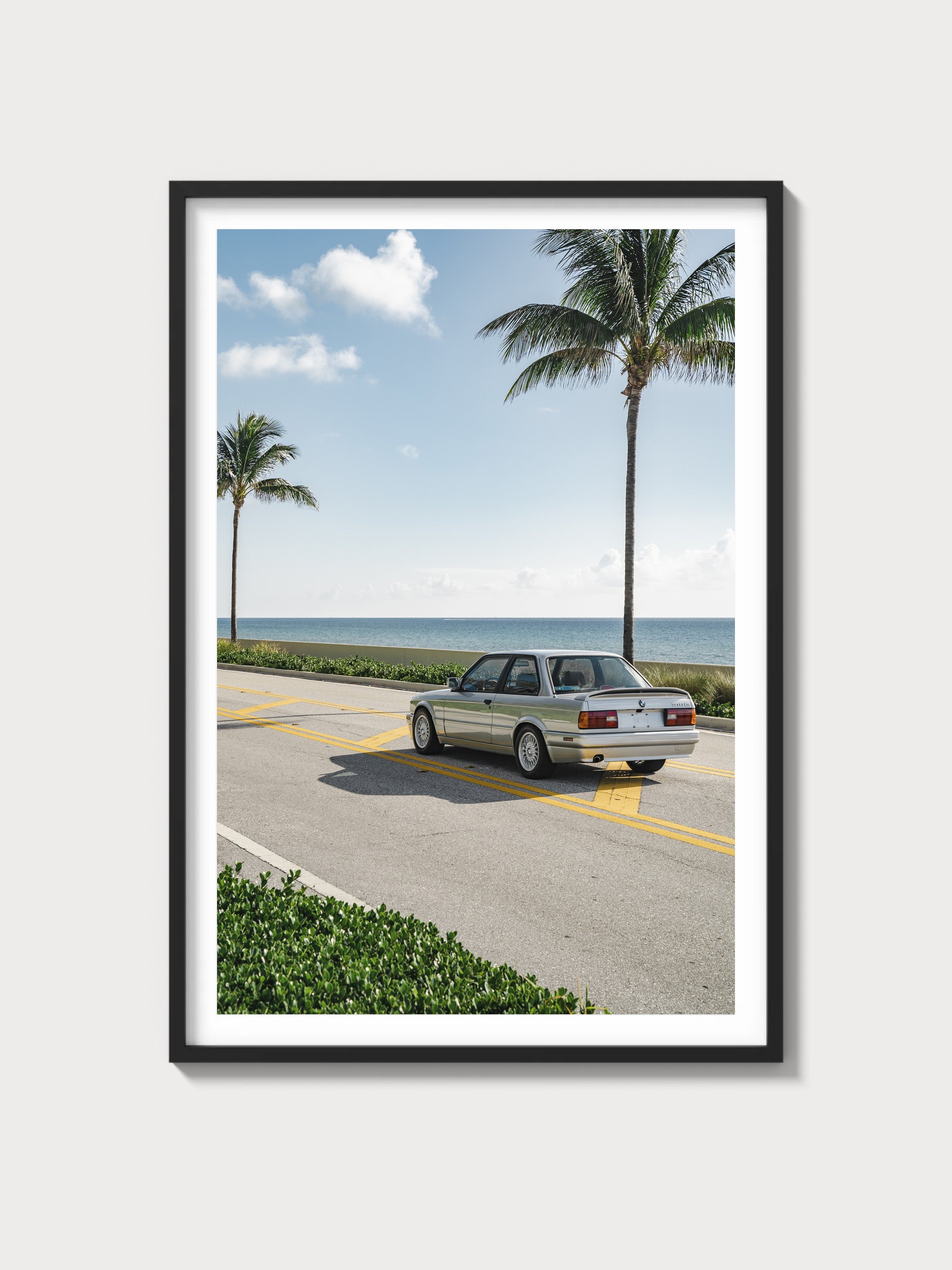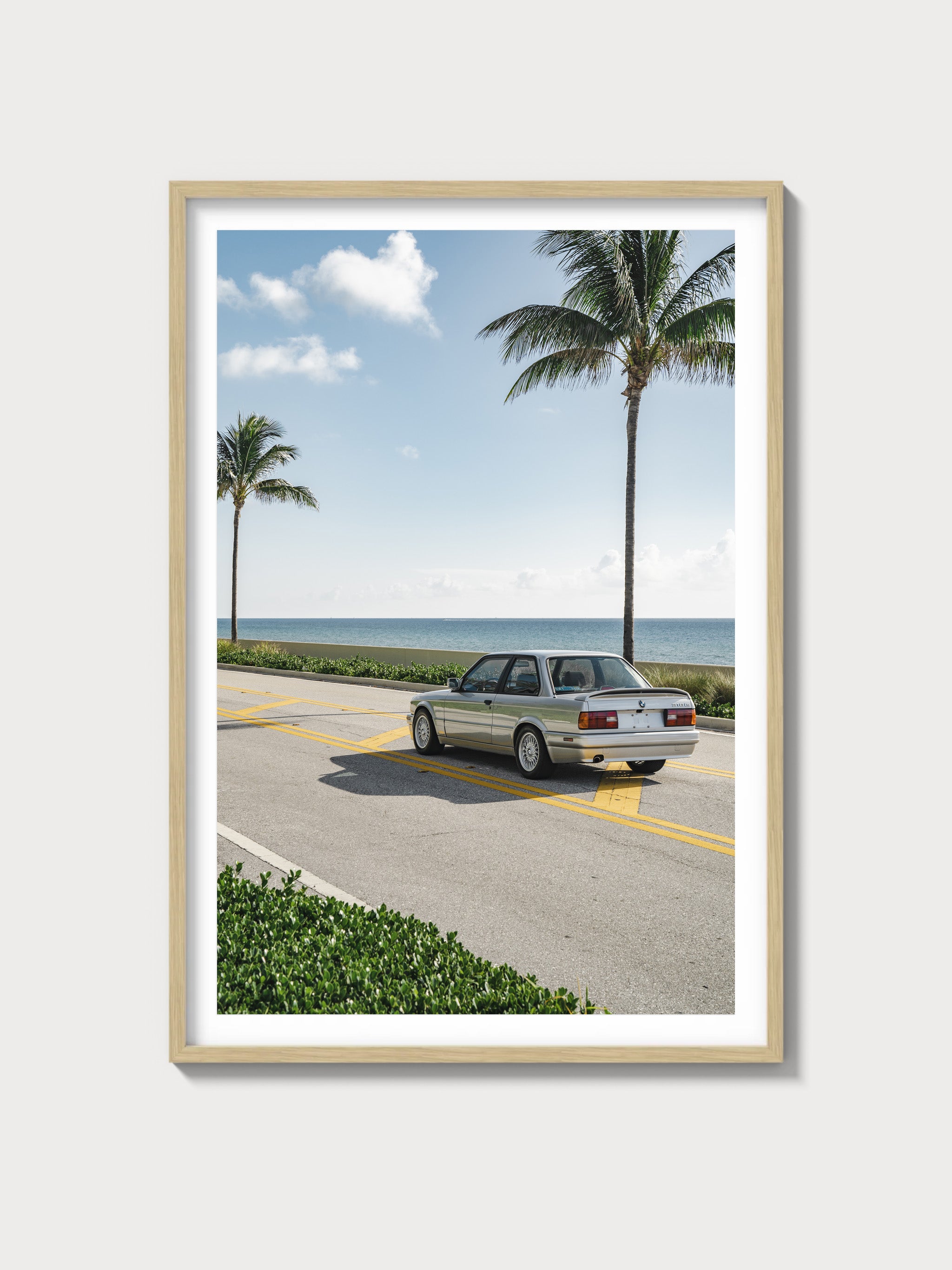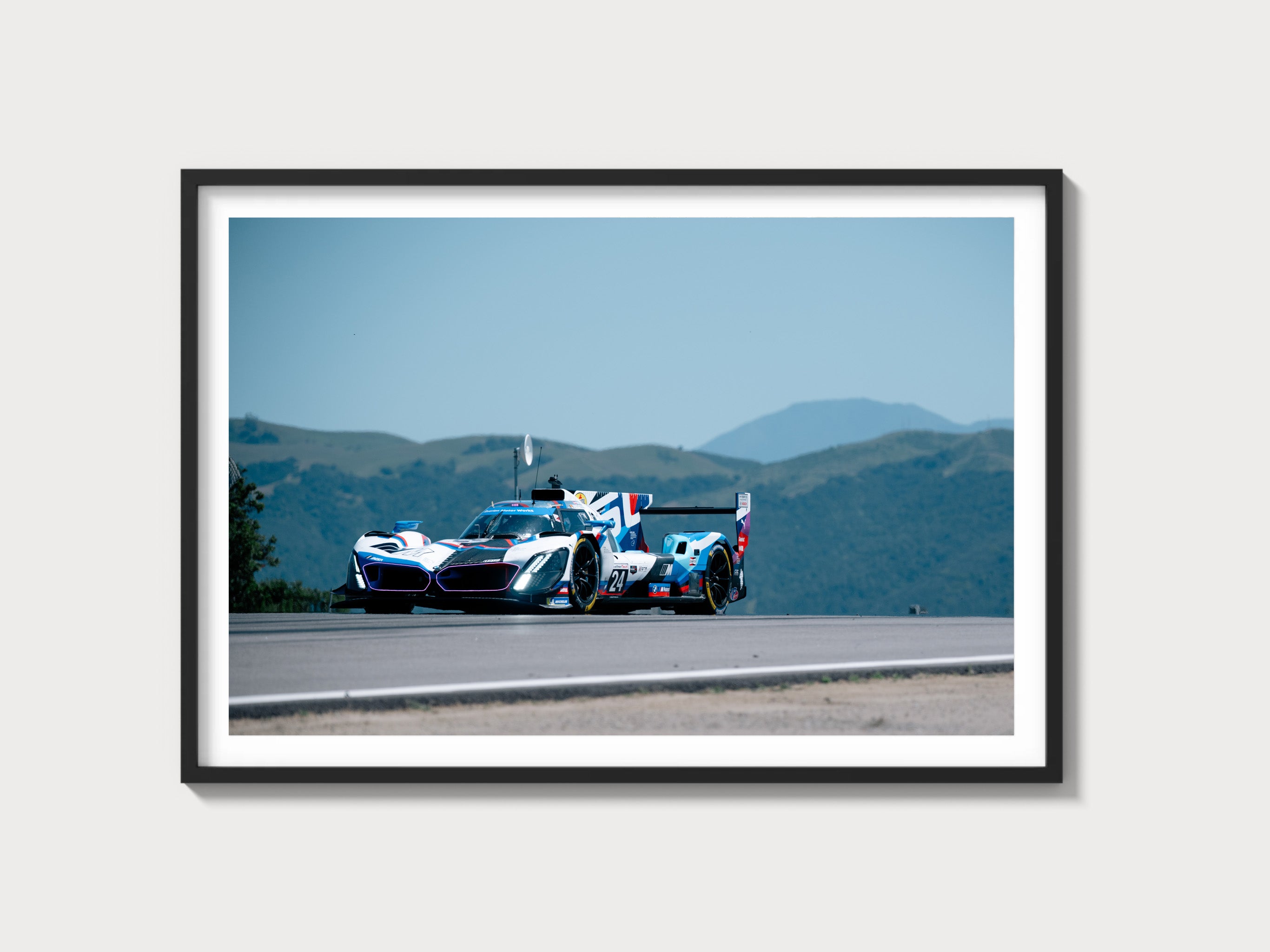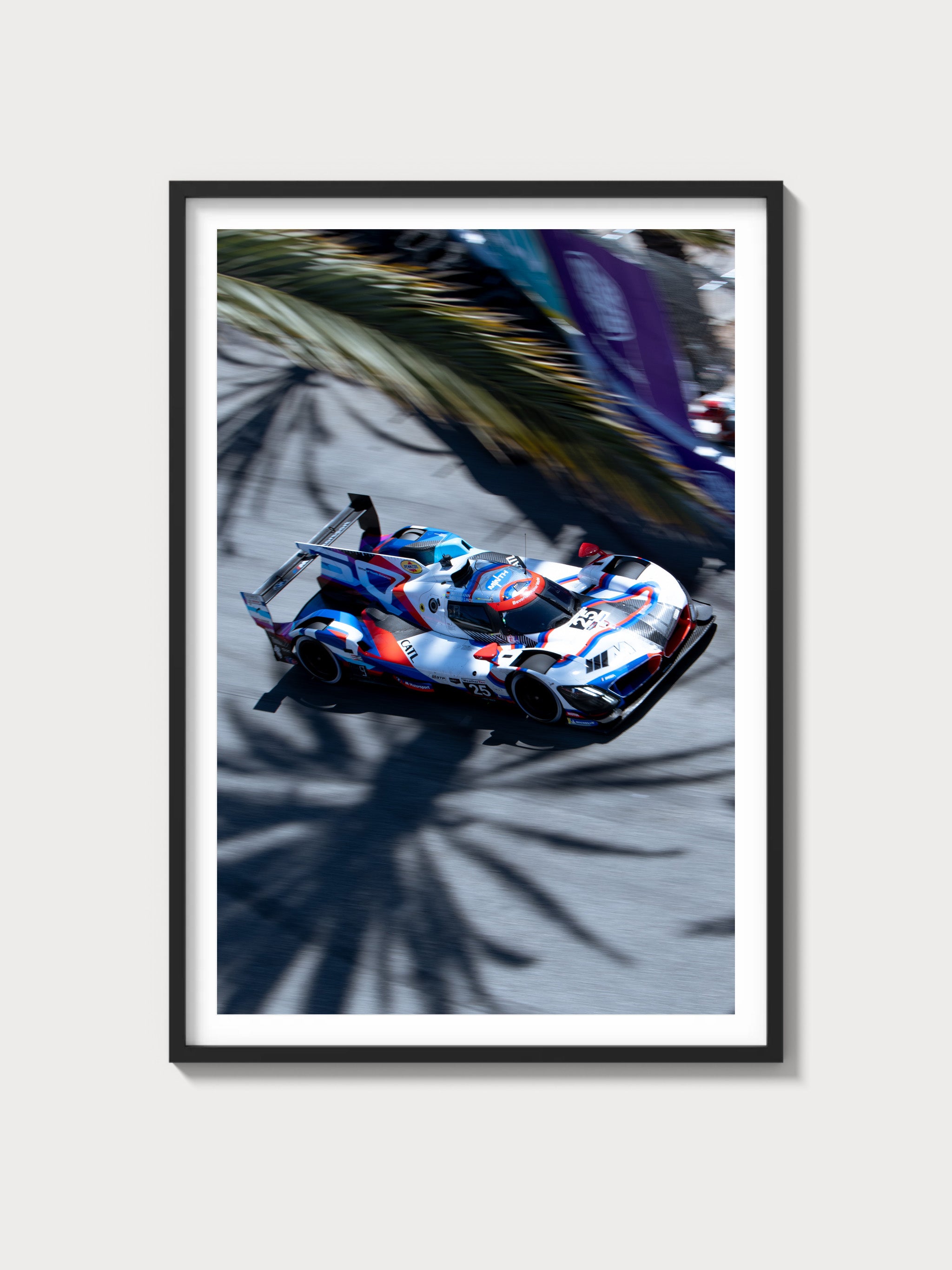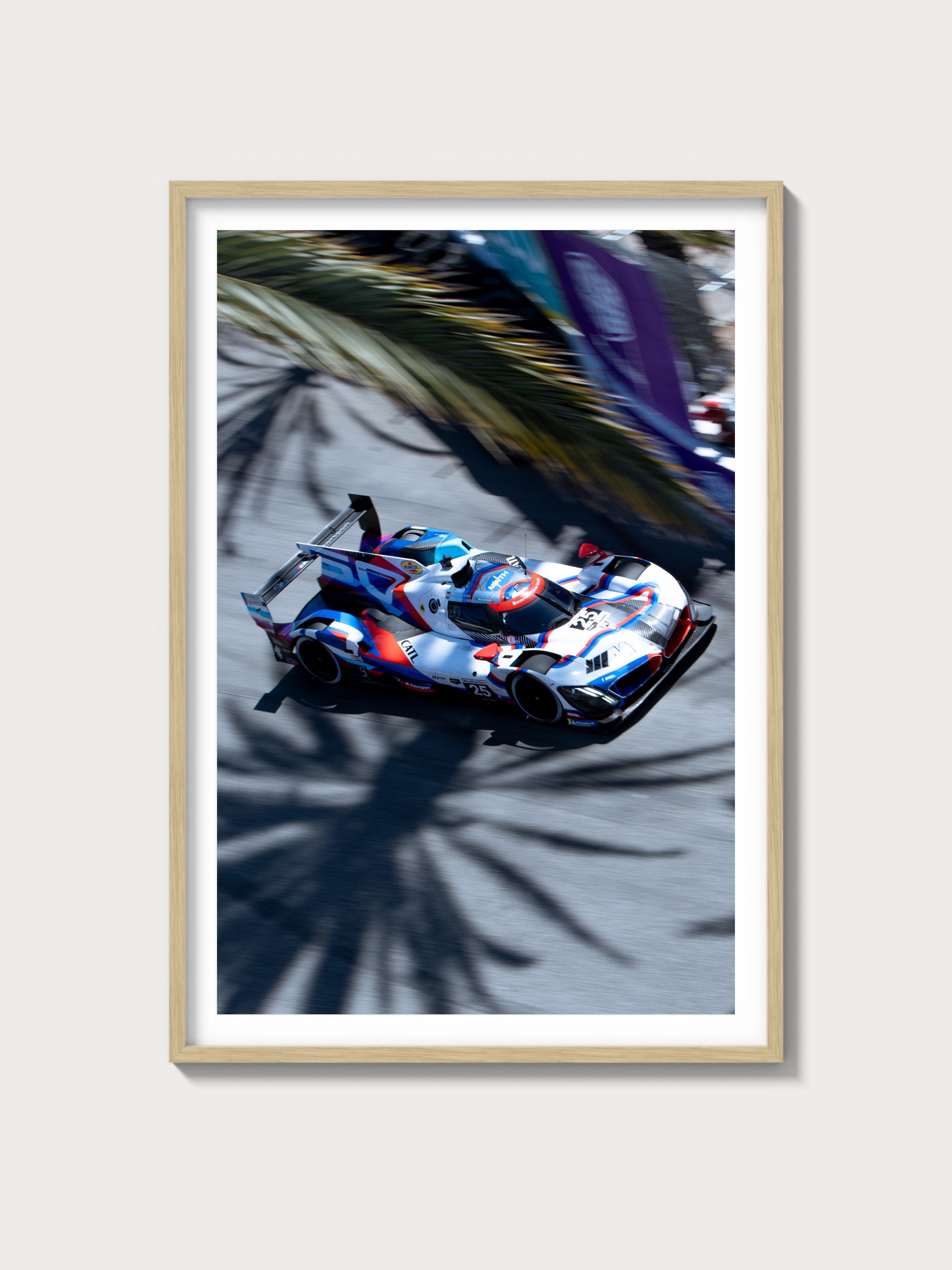The 1980–1986 Ford Bronco Base: A 3rd Gen Off-Road Icon
Historical Context and Development Background
Ford's introduction of the 1980–1986 Bronco Base marked the third generation of this iconic SUV, a period where the automotive industry was grappling with shifting consumer demands and stricter emissions regulations. The 1980 restyling was led by a desire to create a more fuel-efficient vehicle while maintaining the rugged off-road capabilities that had become synonymous with the Bronco name. Design-wise, the third generation saw a more aerodynamic body compared to its predecessors, integrating Ford's new Twin-Traction Beam front suspension, which offered improved ride quality both on and off-road.
Engine and Technical Specifications
| Specification | Details |
|---|---|
| Engine Configuration | V8 |
| Displacement | 5.8 L |
| Horsepower | 210 hp |
| Induction Type | Natural Aspiration |
| Redline | 4,500 RPM |
| Fuel System | Carburetor |
| Compression Ratio | 8.4:1 |
| Bore/Stroke | 101.6 mm x 88.9 mm |
Driving Experience and Handling Dynamics
The Bronco Base delivered a quintessential American SUV driving experience. The Twin-Traction Beam suspension provided a smoother ride on uneven terrains, while the solid rear axle maintained its off-road prowess. The steering was characteristically heavy, providing a sense of robustness, though it lacked the precision of modern systems. The 4-speed manual transmission offered direct engagement, enhancing the driving involvement for enthusiasts who relished the analog feel of shifting gears manually.
Full Performance Specifications
| Performance Metric | Details |
|---|---|
| 0–60 mph | 11.2 seconds |
| Top Speed | 95 mph |
| Quarter-mile | 17.8 seconds |
| Weight | 4,500 lbs |
| Layout | Front-engine, four-wheel drive |
| Brakes | Front disc/rear drum |
| Suspension | Twin-Traction Beam front, leaf spring rear |
| Gearbox Type | 4-speed manual |
Variant Breakdown
| Variant | Production Numbers | Major Differences |
|---|---|---|
| Bronco Base | Approx. 60,000 | Standard equipment, various color options |
| Bronco XLT | Approx. 40,000 | Upgraded interiors, chrome accents |
| Bronco Eddie Bauer Edition | Approx. 15,000 | Luxury trim, exclusive paint and trim |
Ownership Notes
Owning a 1980–1986 Ford Bronco Base today is both a joy and a commitment. Parts are generally available due to the vehicle's popularity, but certain trims and specific parts like the Twin-Traction Beam components can be harder to source. Restoration can be a rewarding project given the Bronco's robust construction, but attention must be paid to rust-prone areas, particularly around the wheel arches and undercarriage. Regular service intervals include oil changes every 3,000 miles and thorough checks of the suspension and drivetrain components.
Cultural Relevance
The third-generation Bronco has secured a place in automotive culture, thanks in part to its appearances in films and television as the quintessential sport utility vehicle of its era. Collector desirability remains high, with auction prices reflecting an upward trend, particularly for well-preserved or meticulously restored examples. Though not as prominent in motorsport as its smaller sibling, the Bronco's off-road legacy is cemented through numerous enthusiast events and clubs dedicated to preserving its history.
FAQs
Is the 1980–1986 Bronco reliable? Yes, with regular maintenance, it is considered reliable. However, issues with rust and the carburetor are common.
What is the value trend for the 3rd Gen Bronco? The value has been steadily increasing, especially for models in good condition.
What are common problems with this Bronco? Rust, especially in the undercarriage and body panels, and carburetor tuning issues can be problematic.

